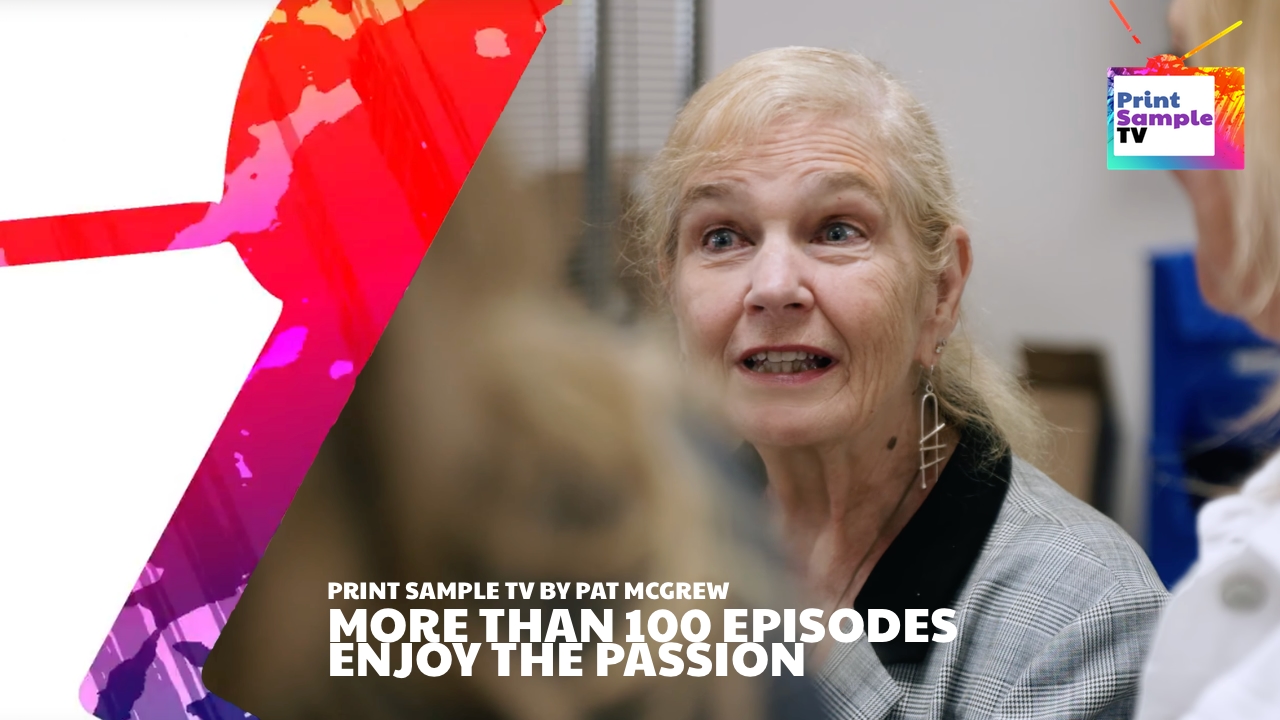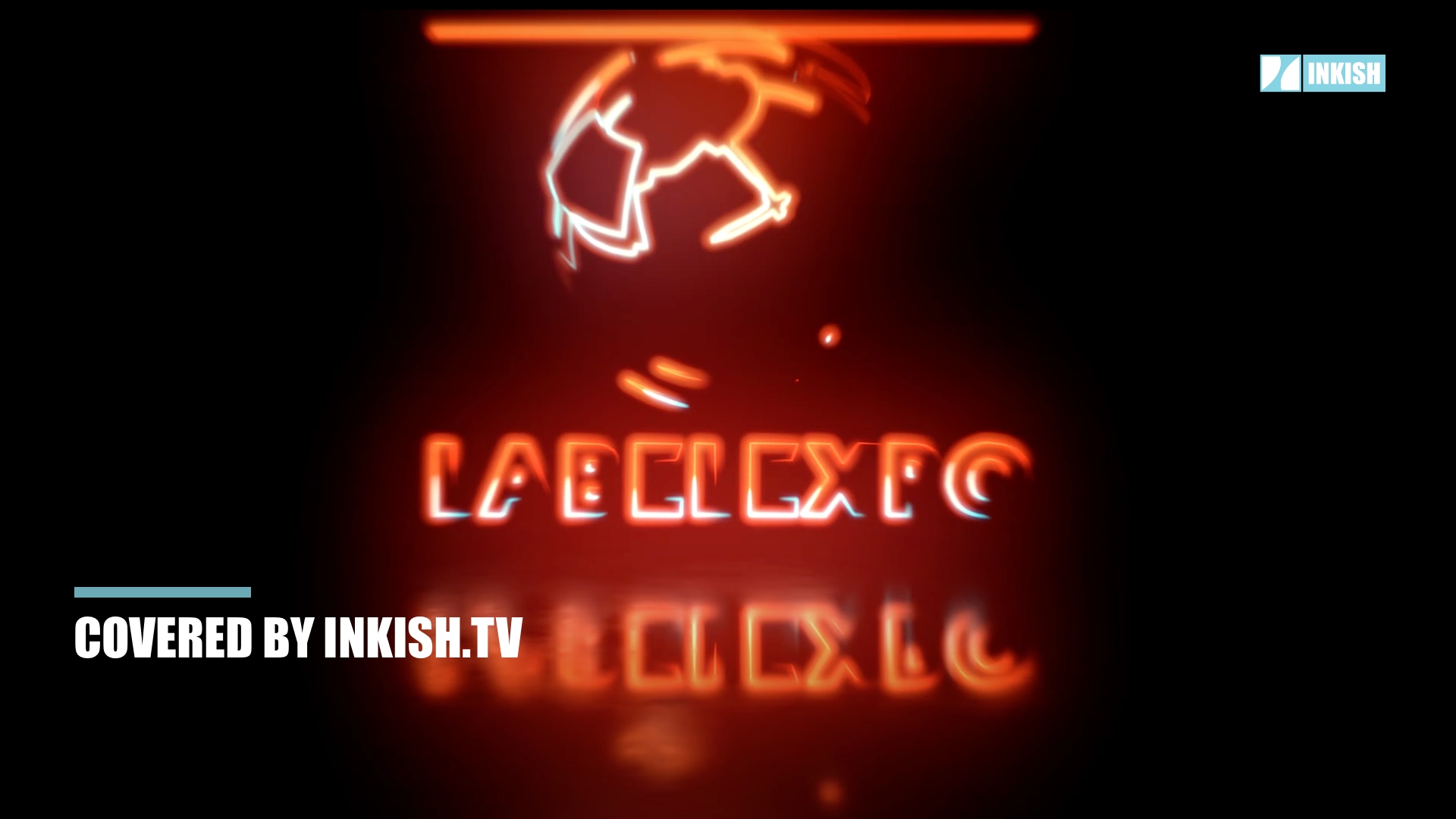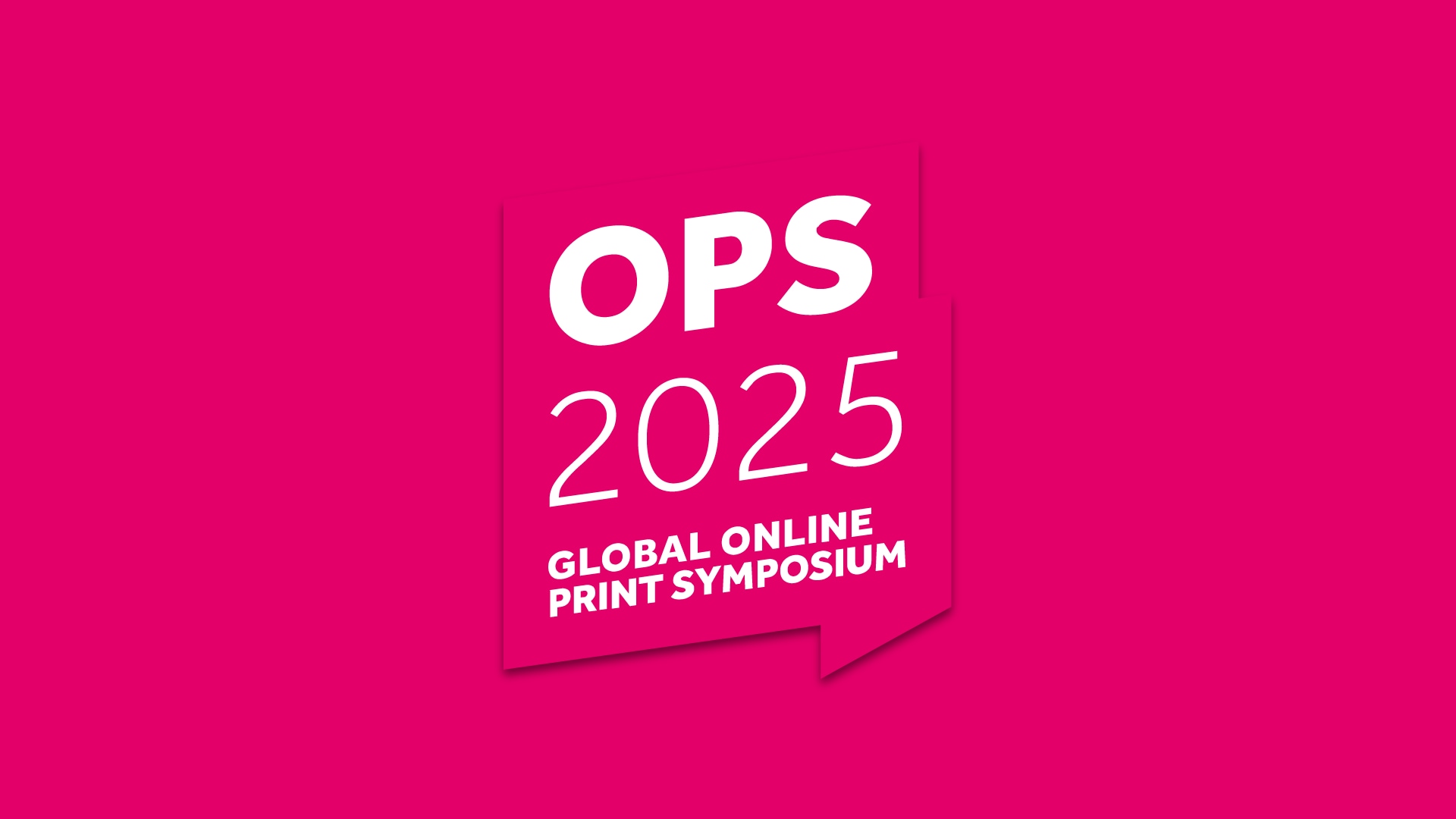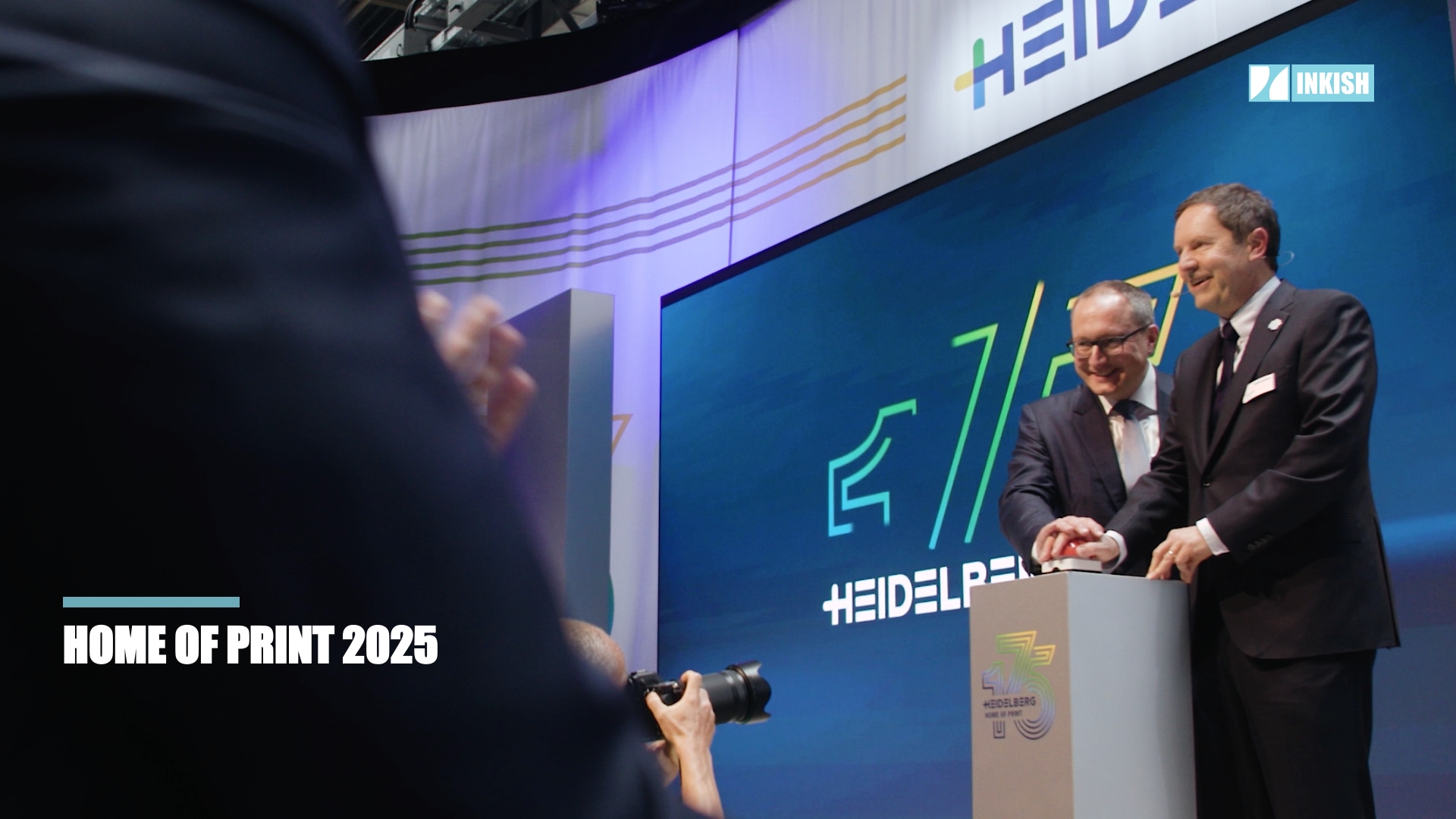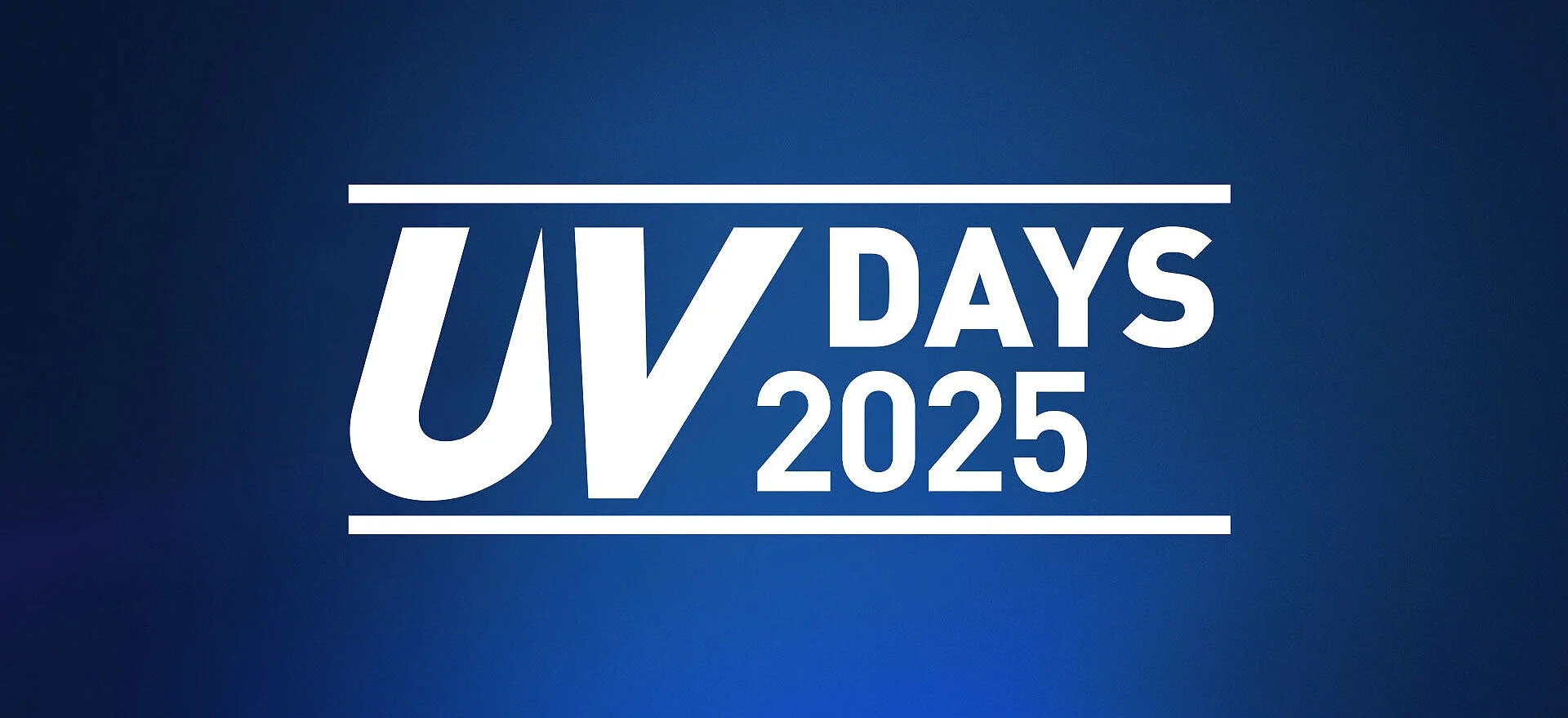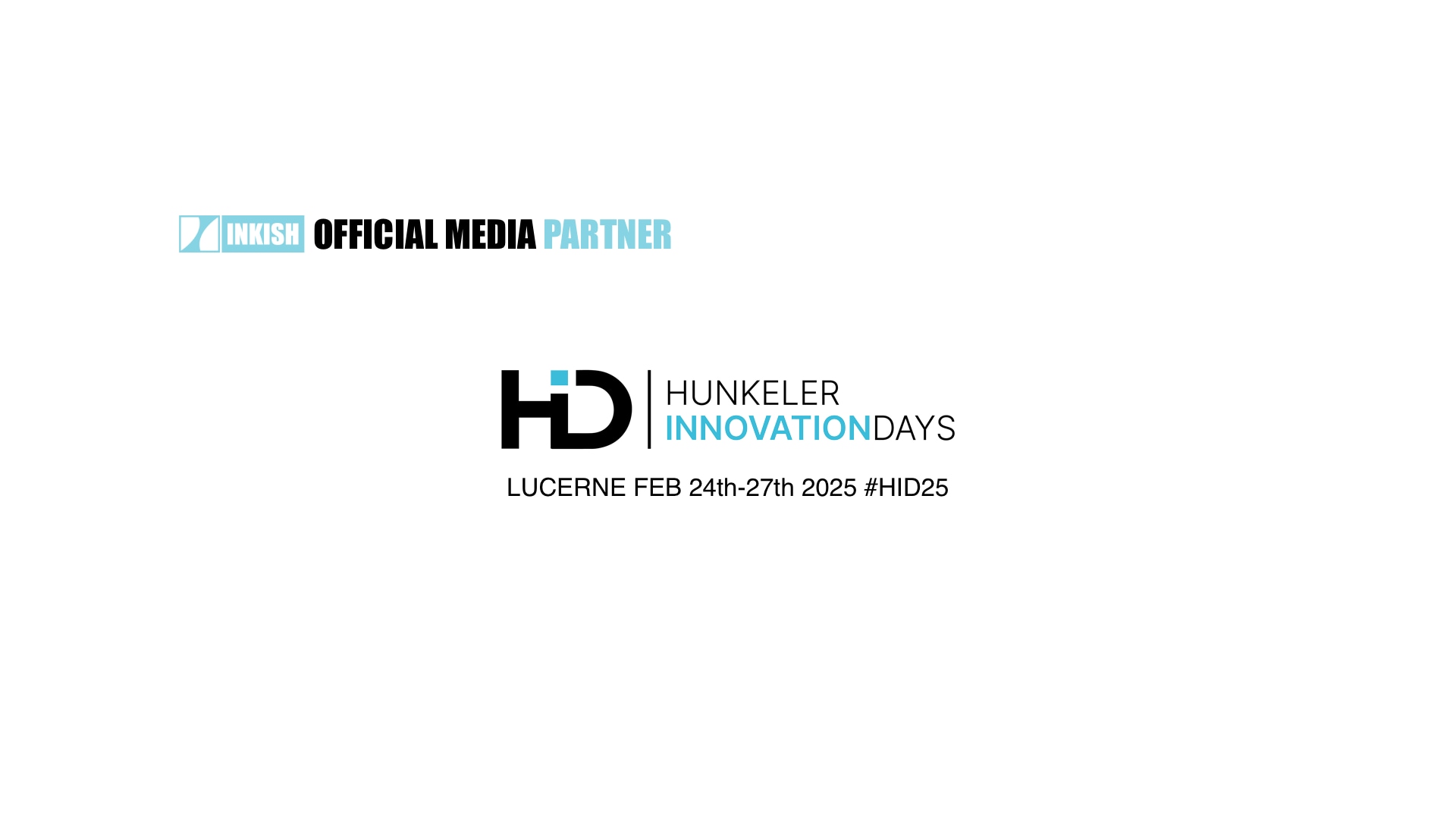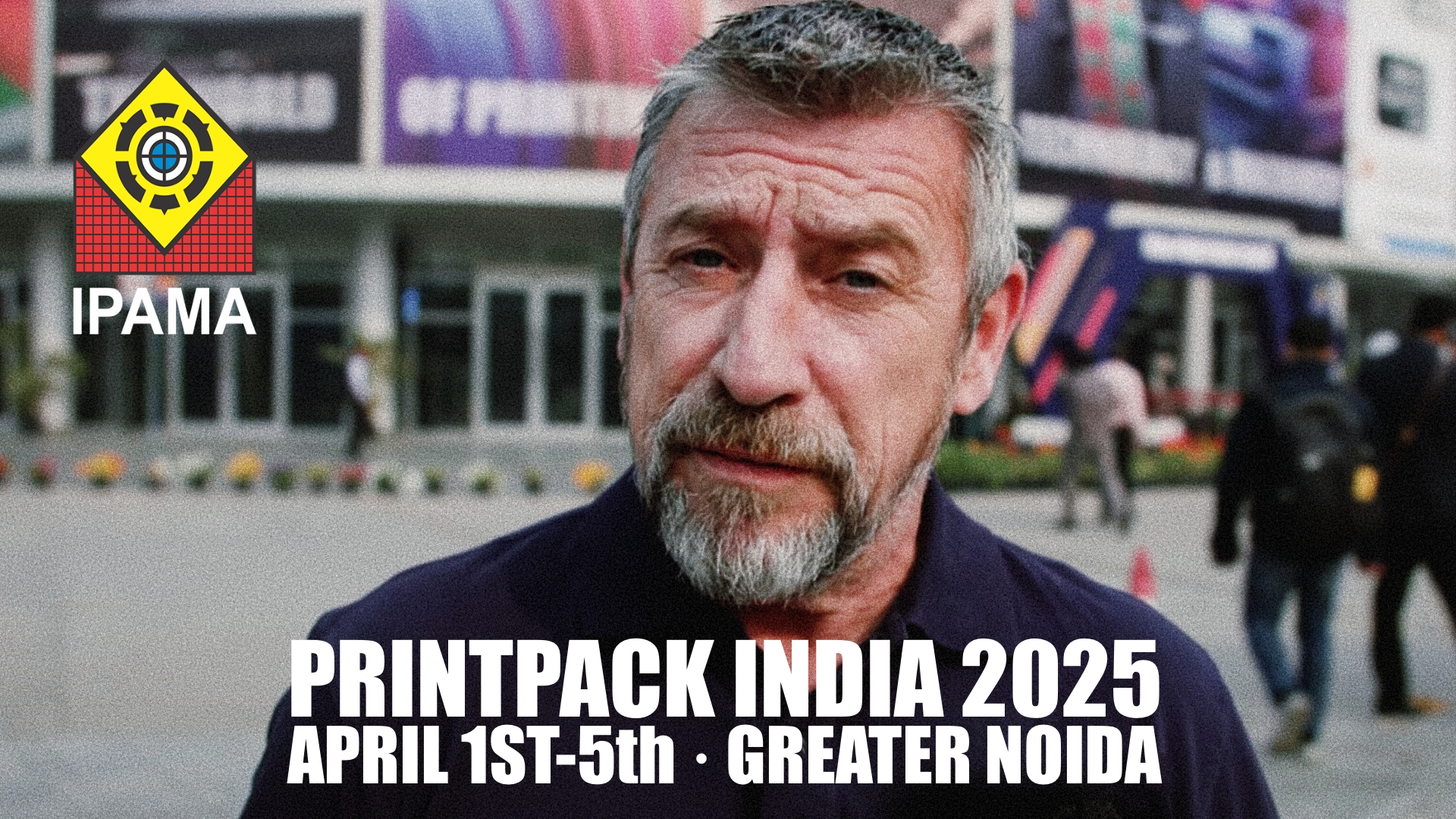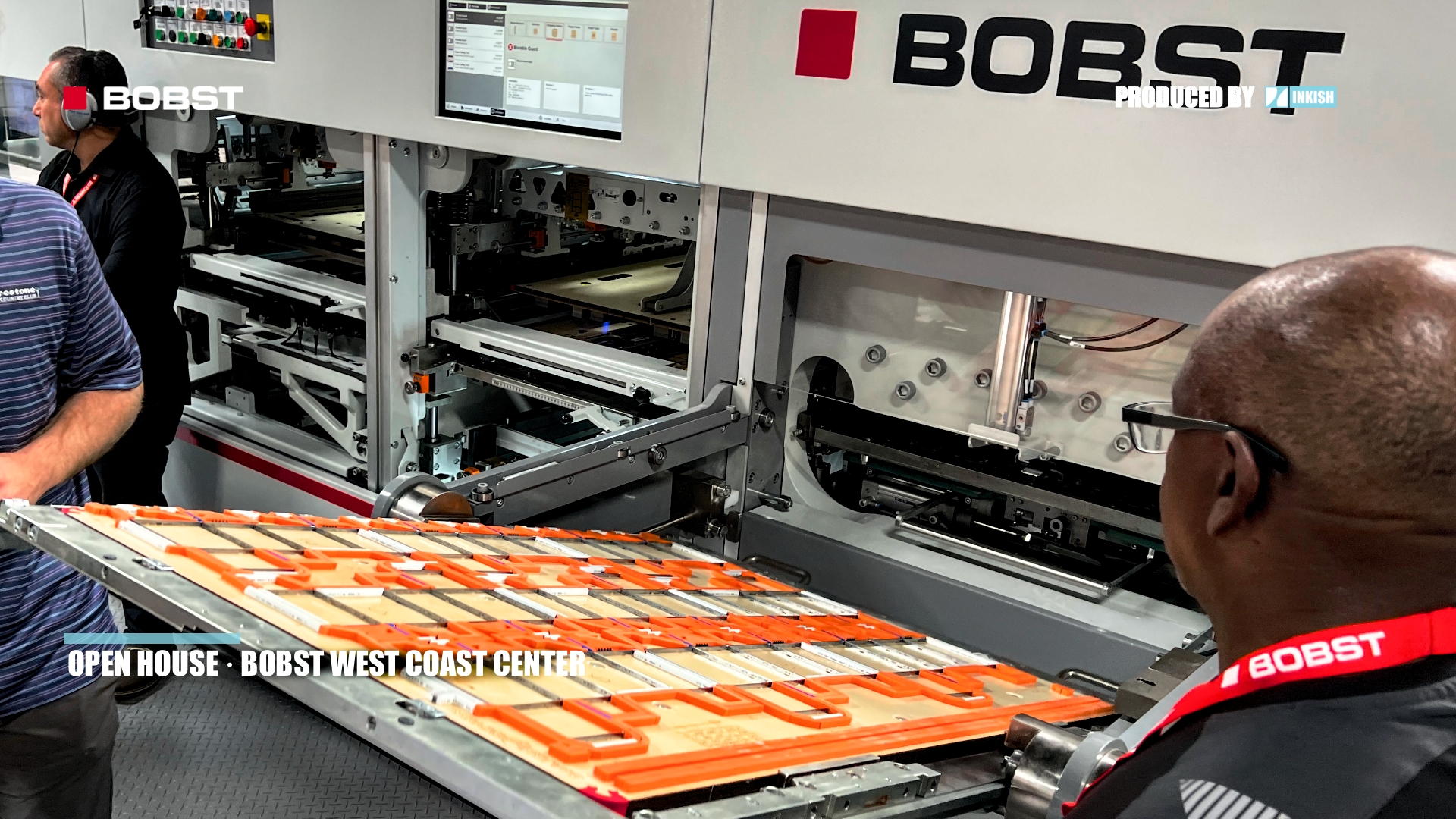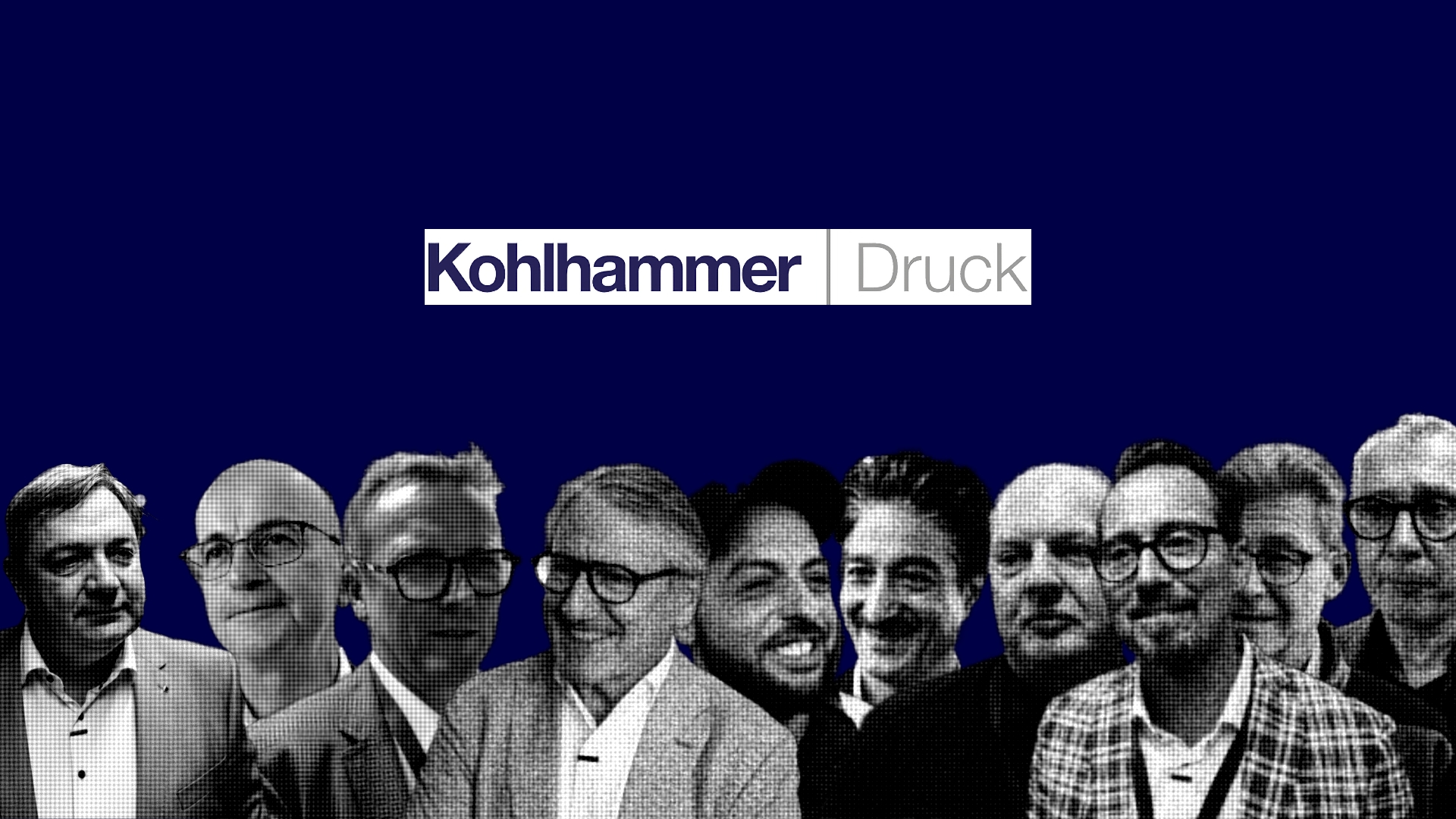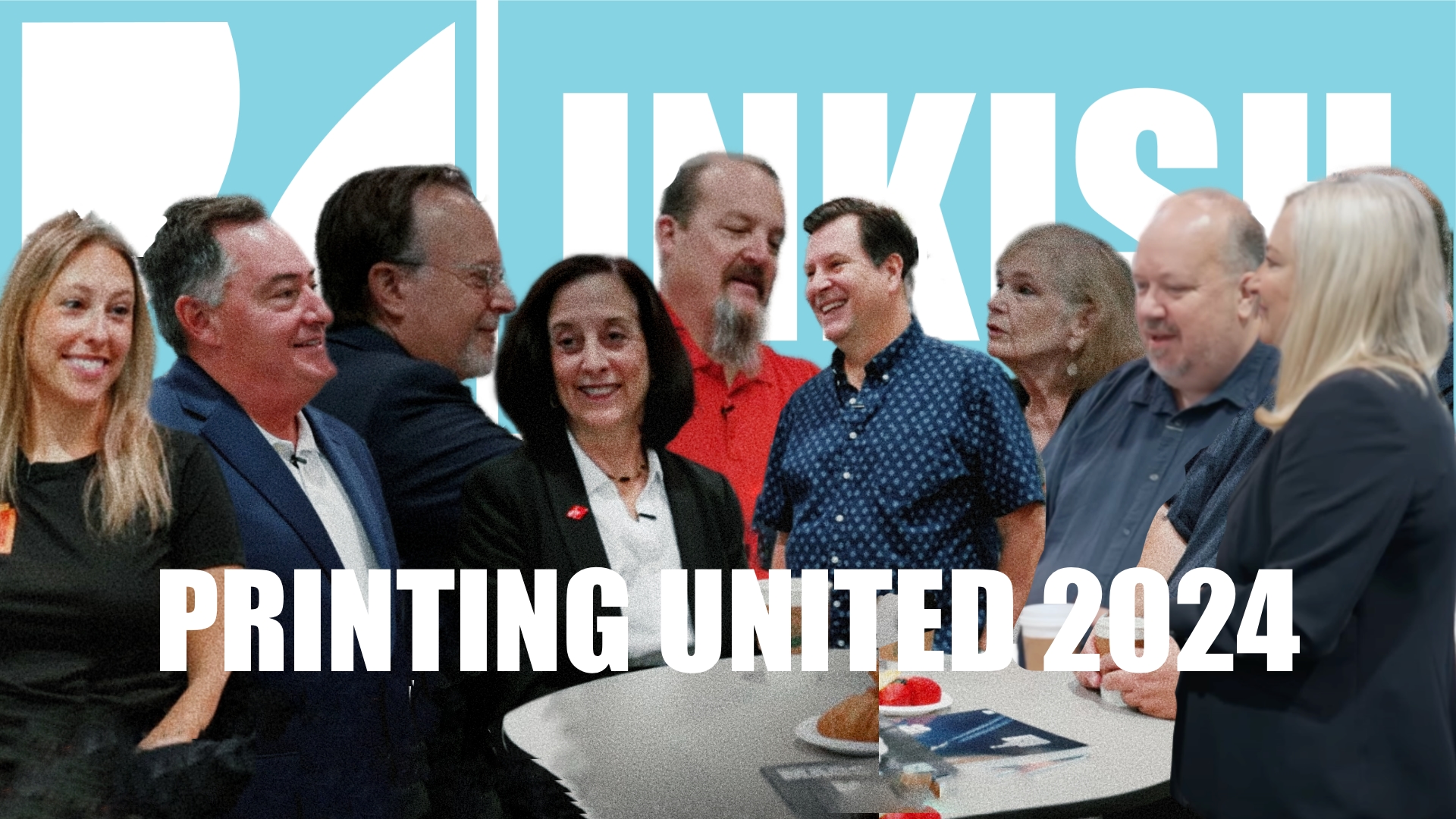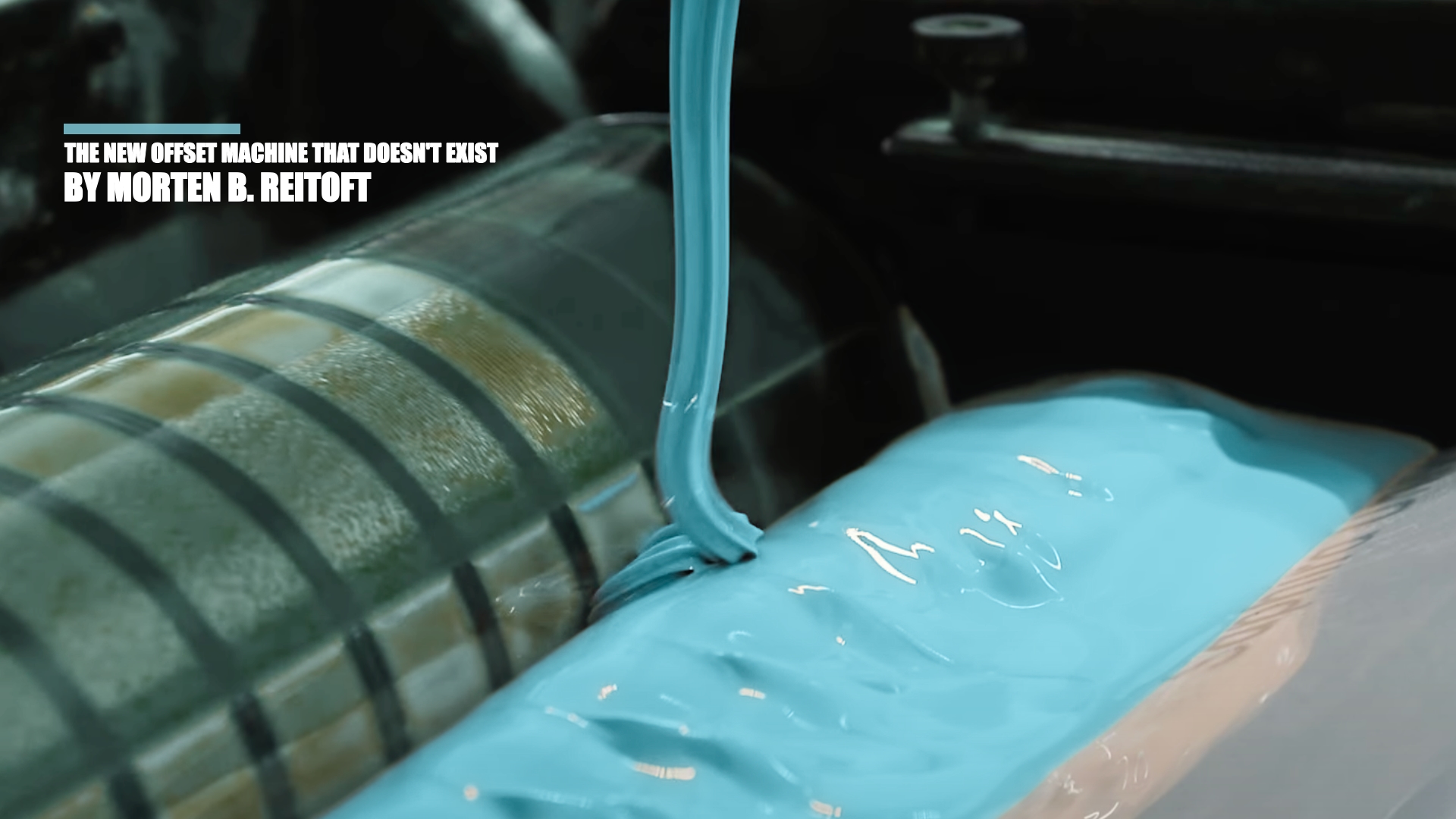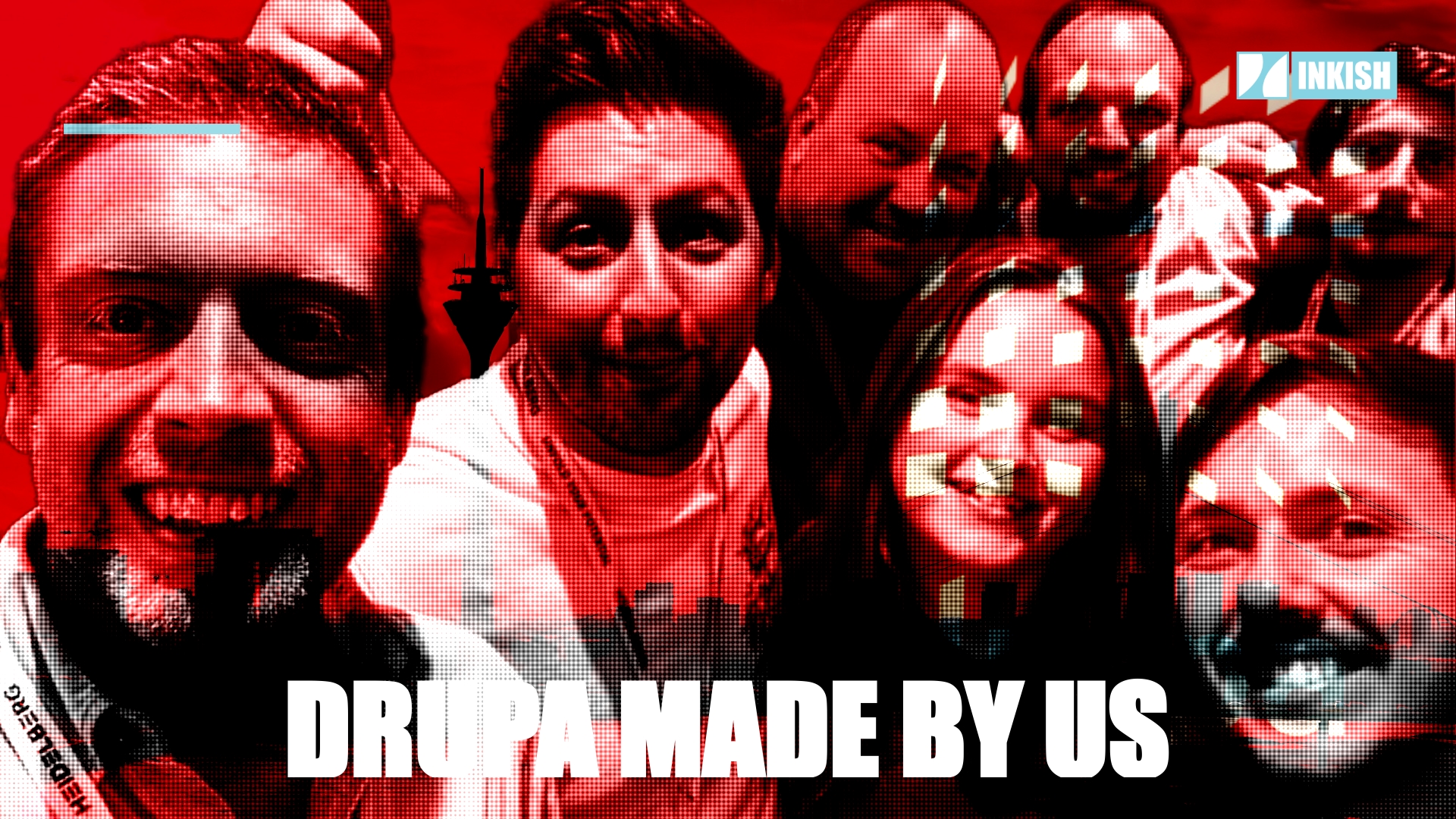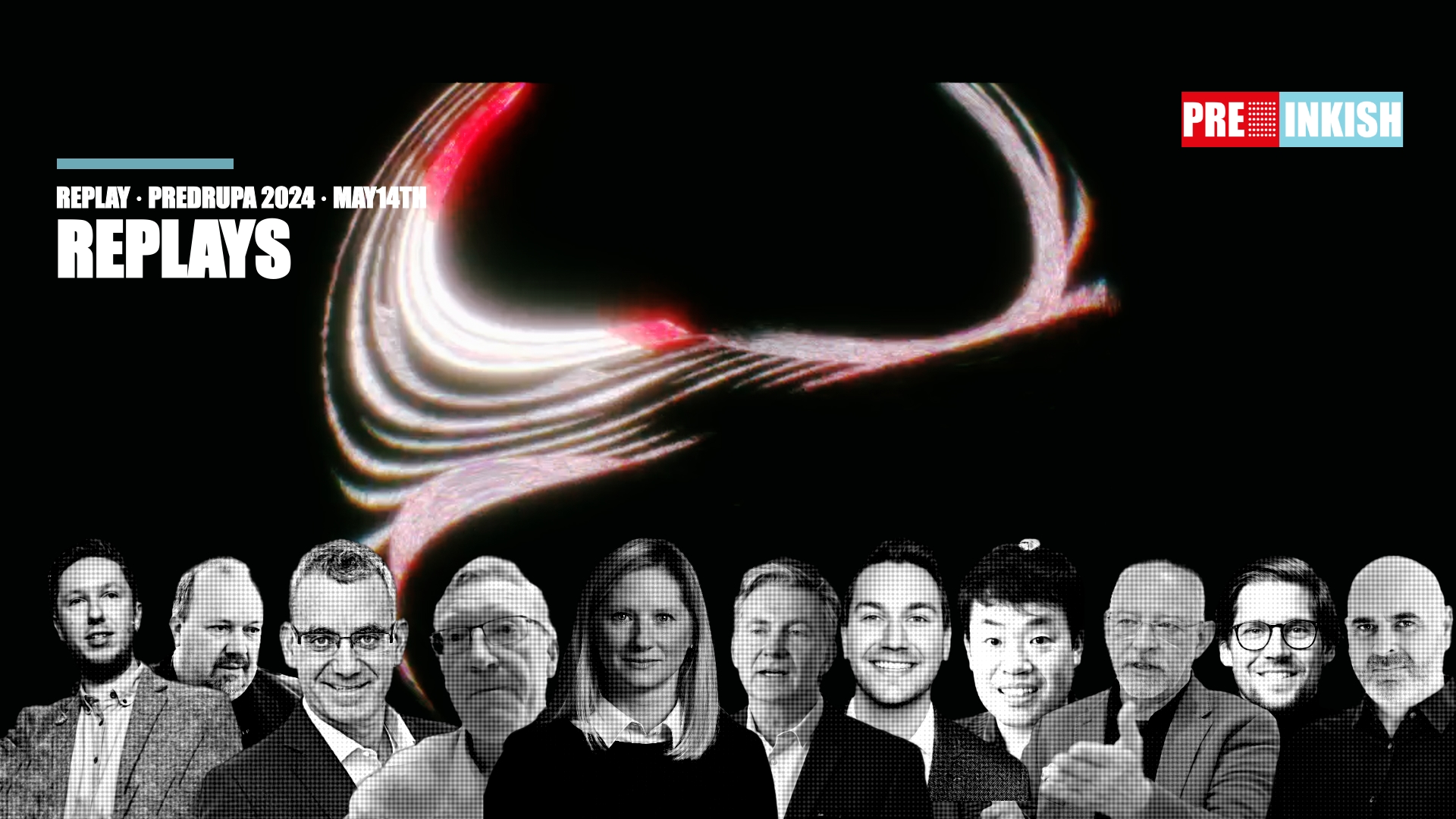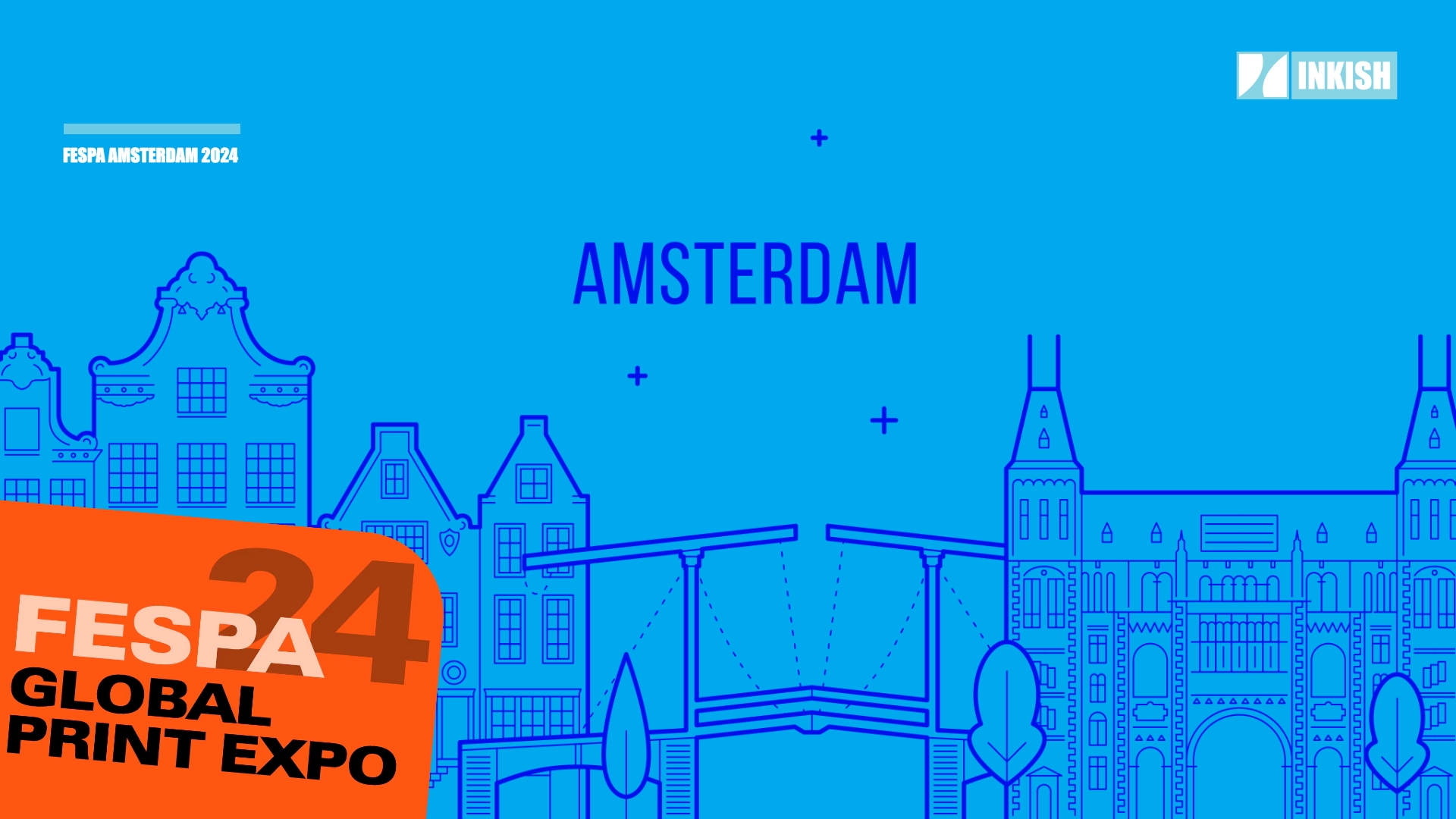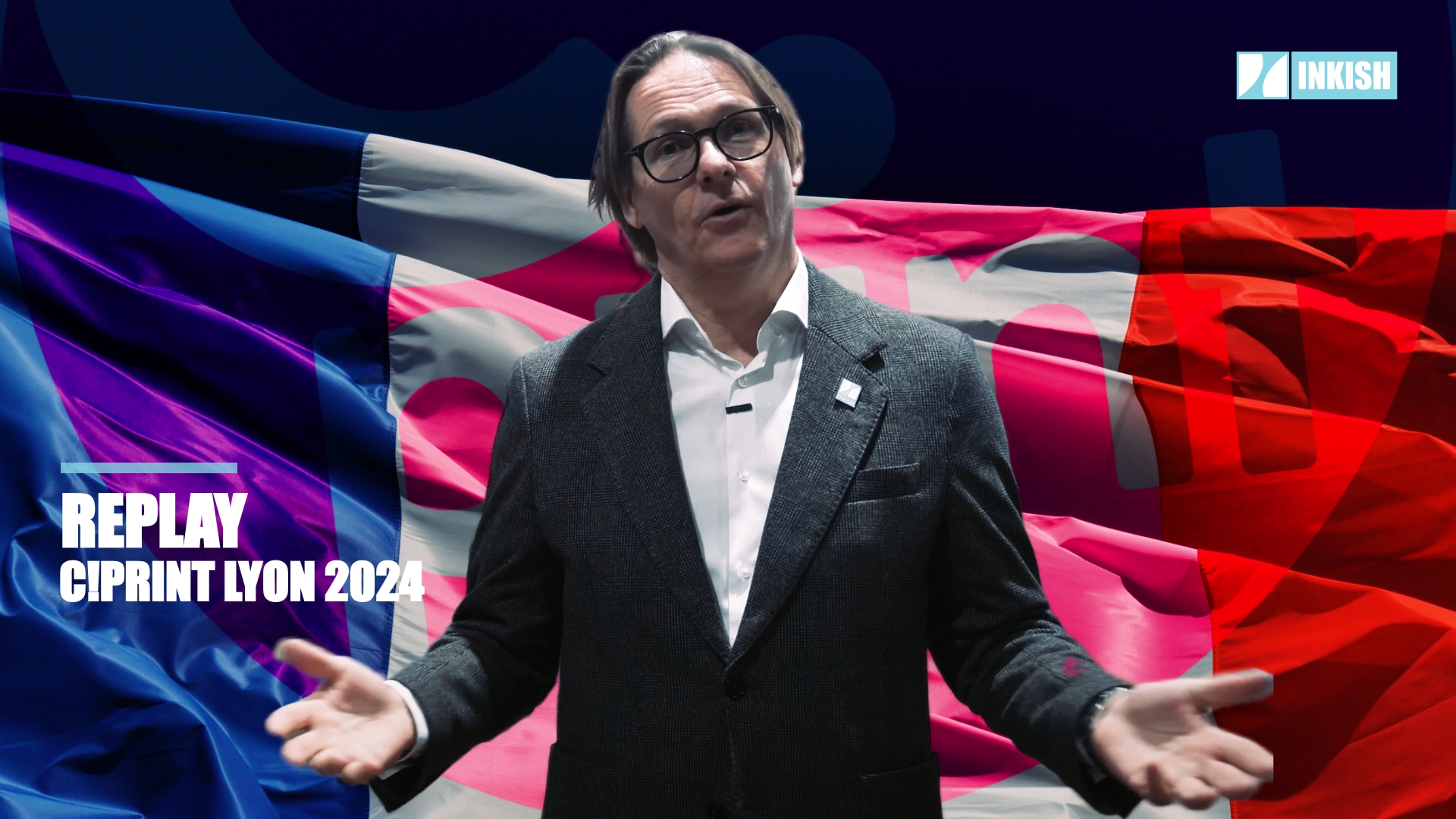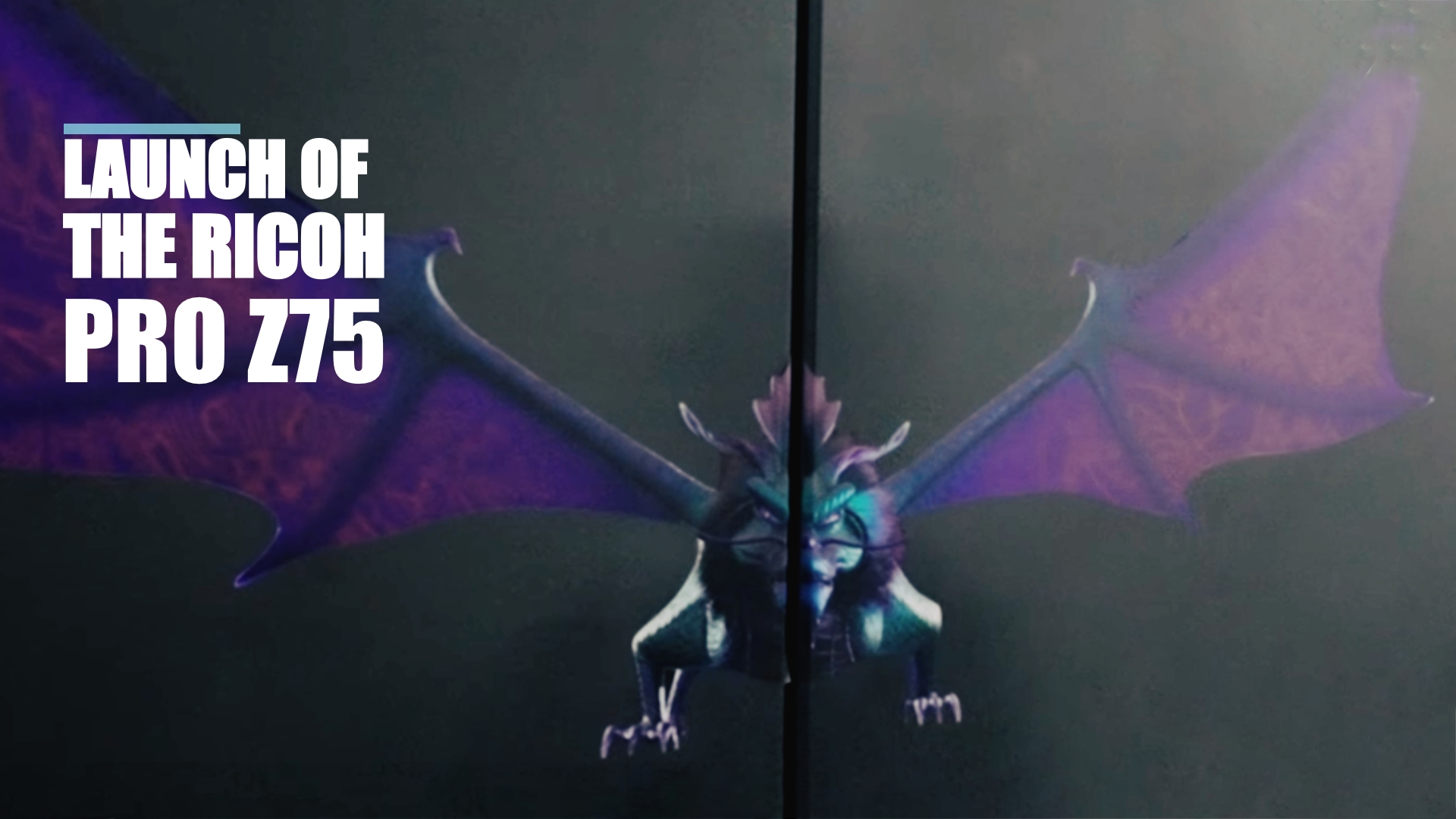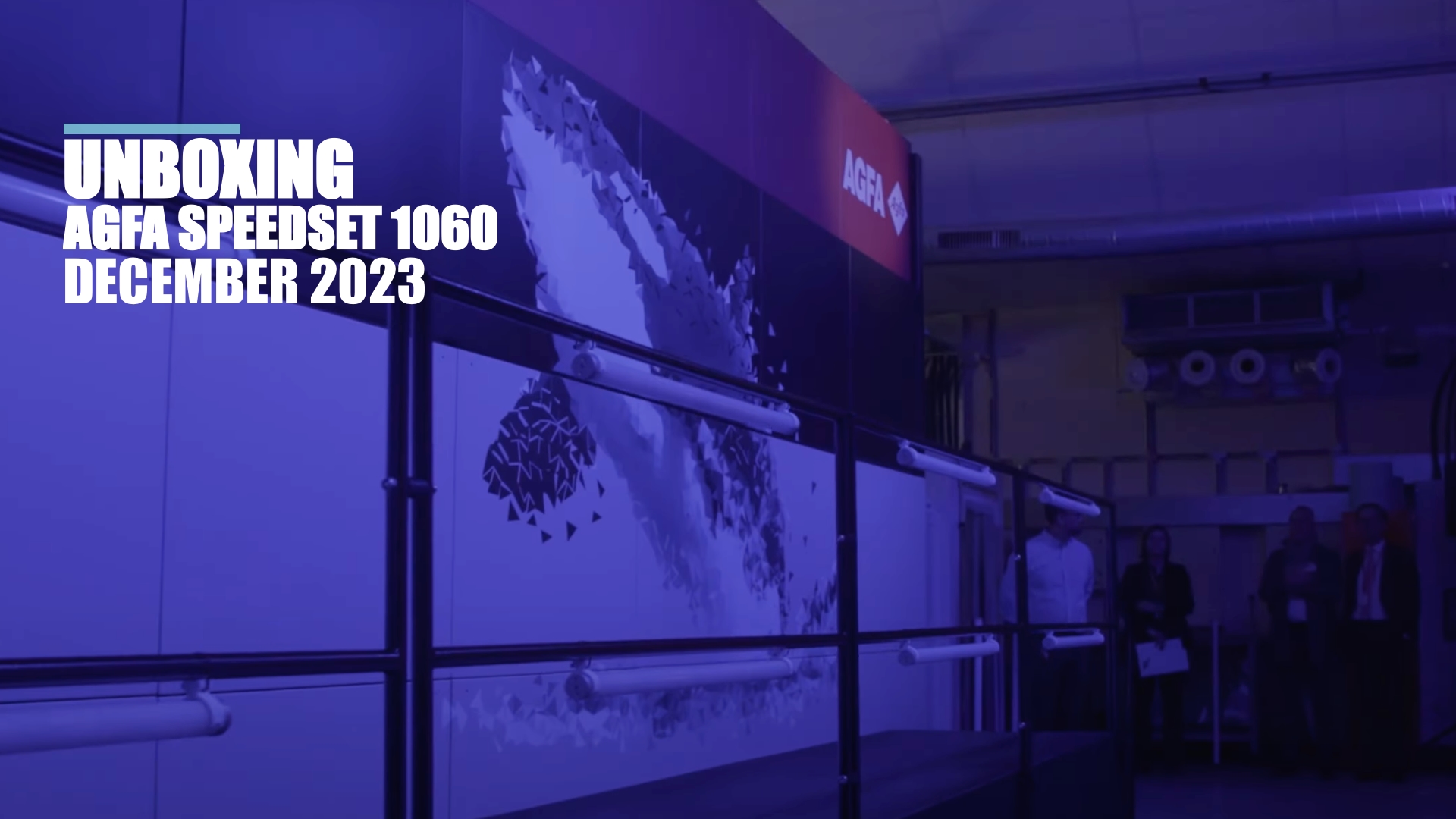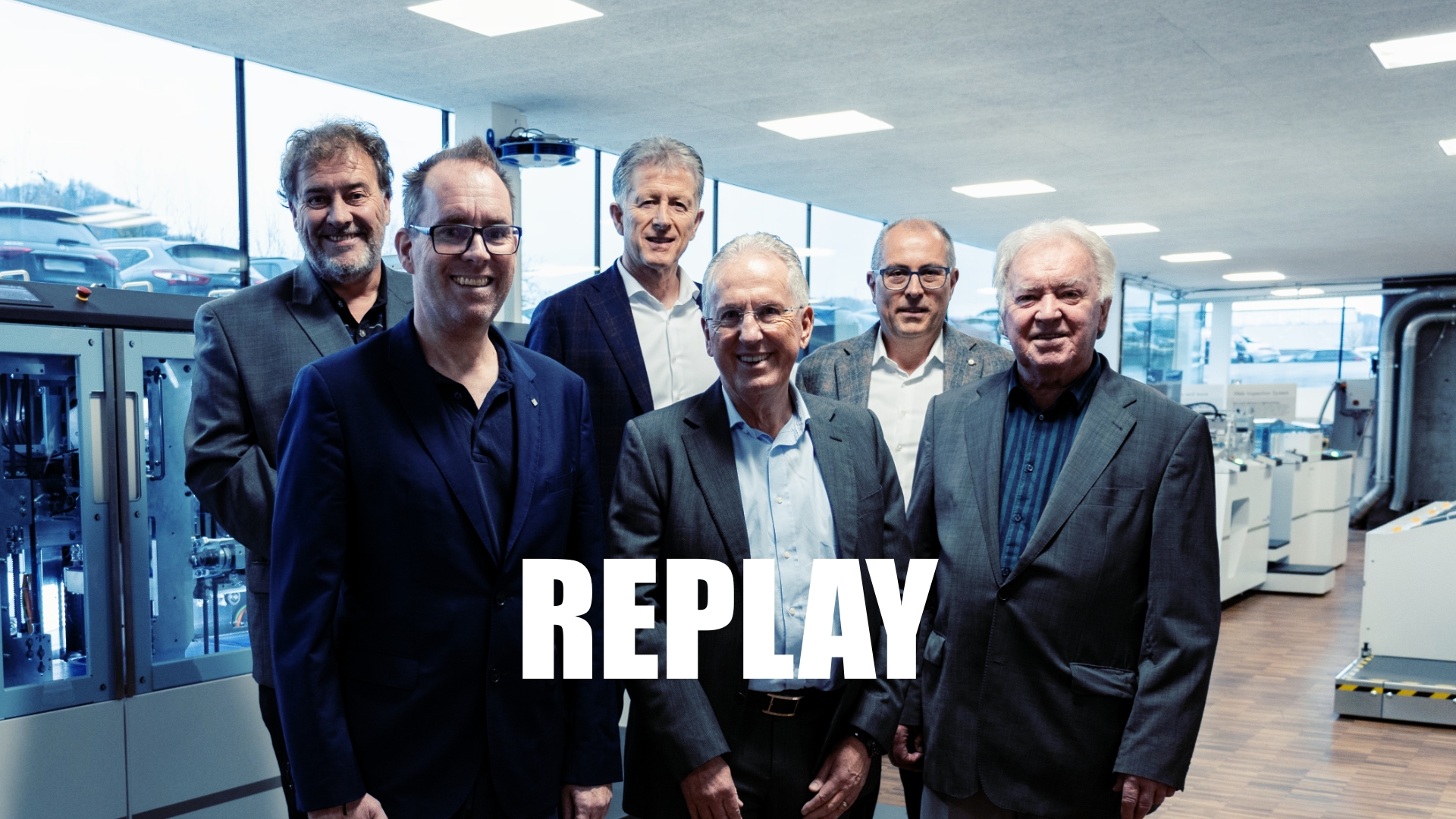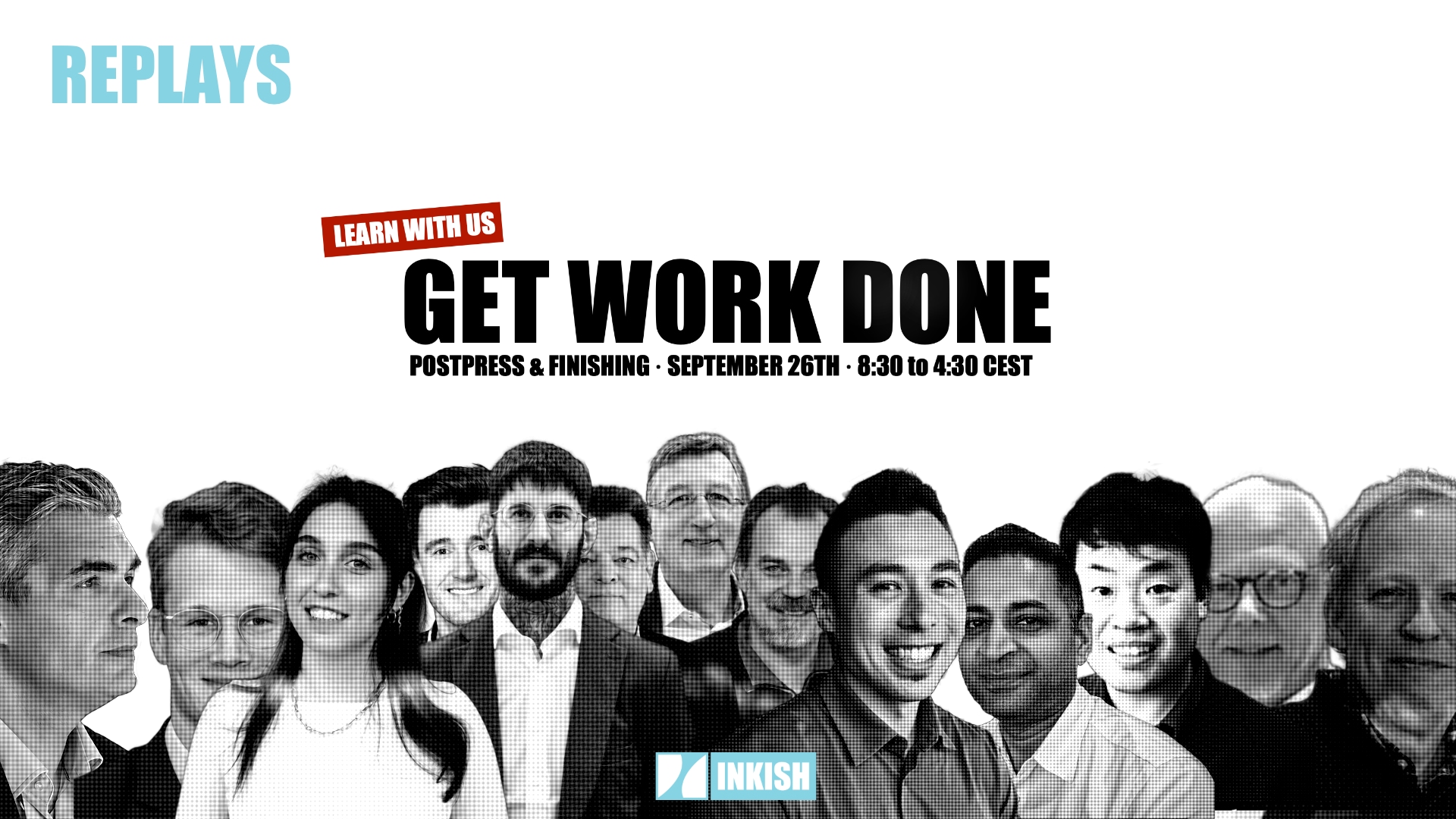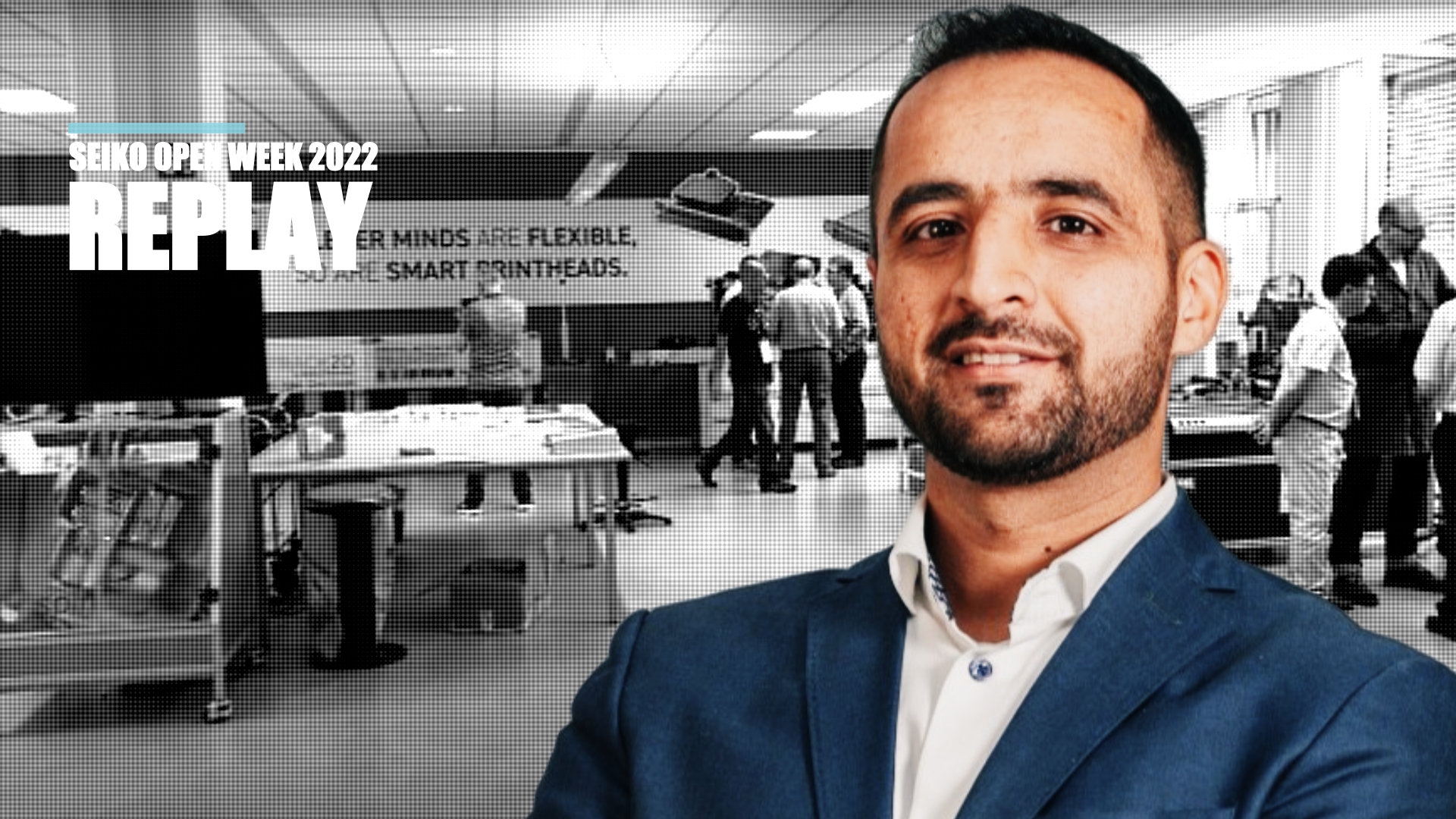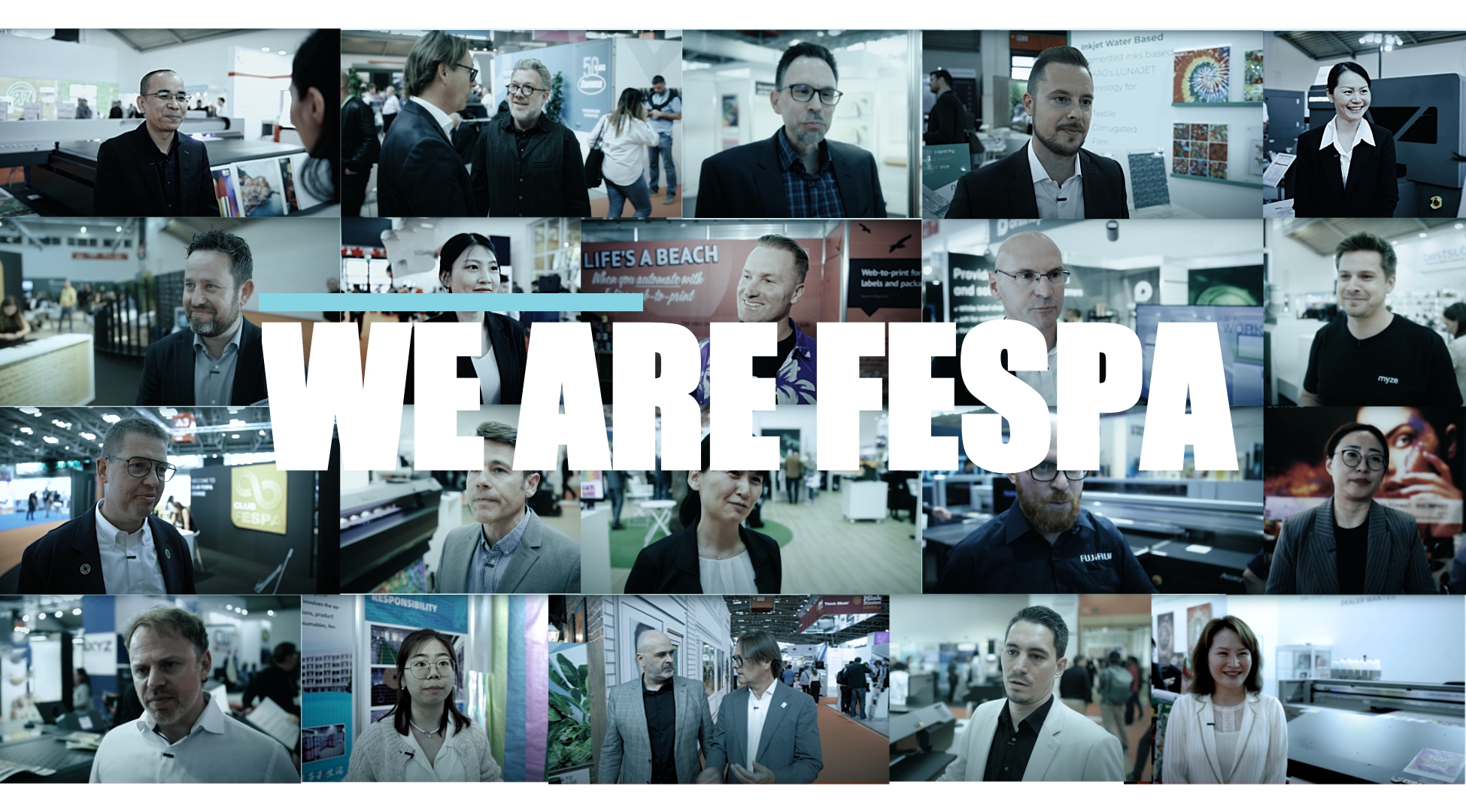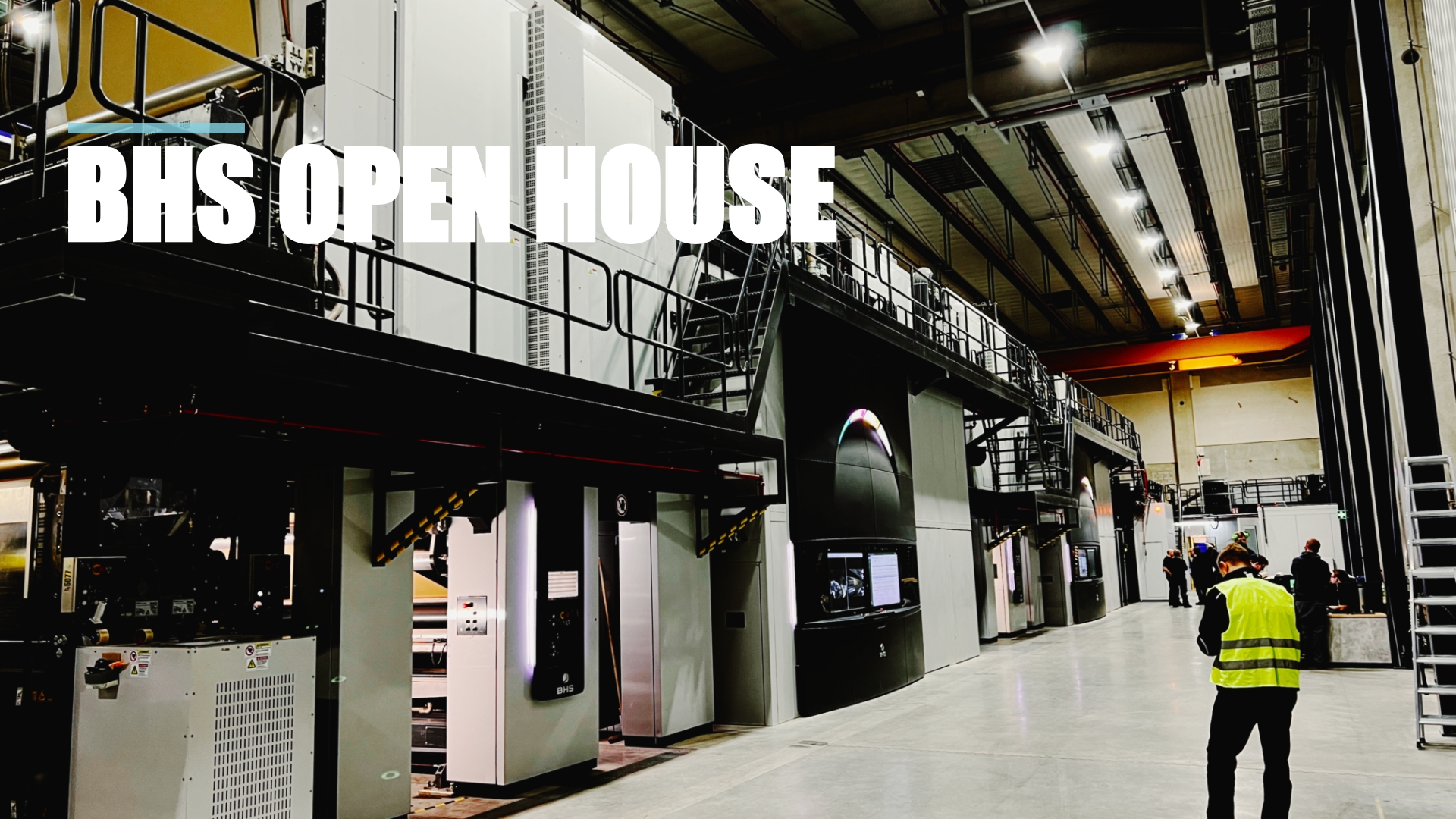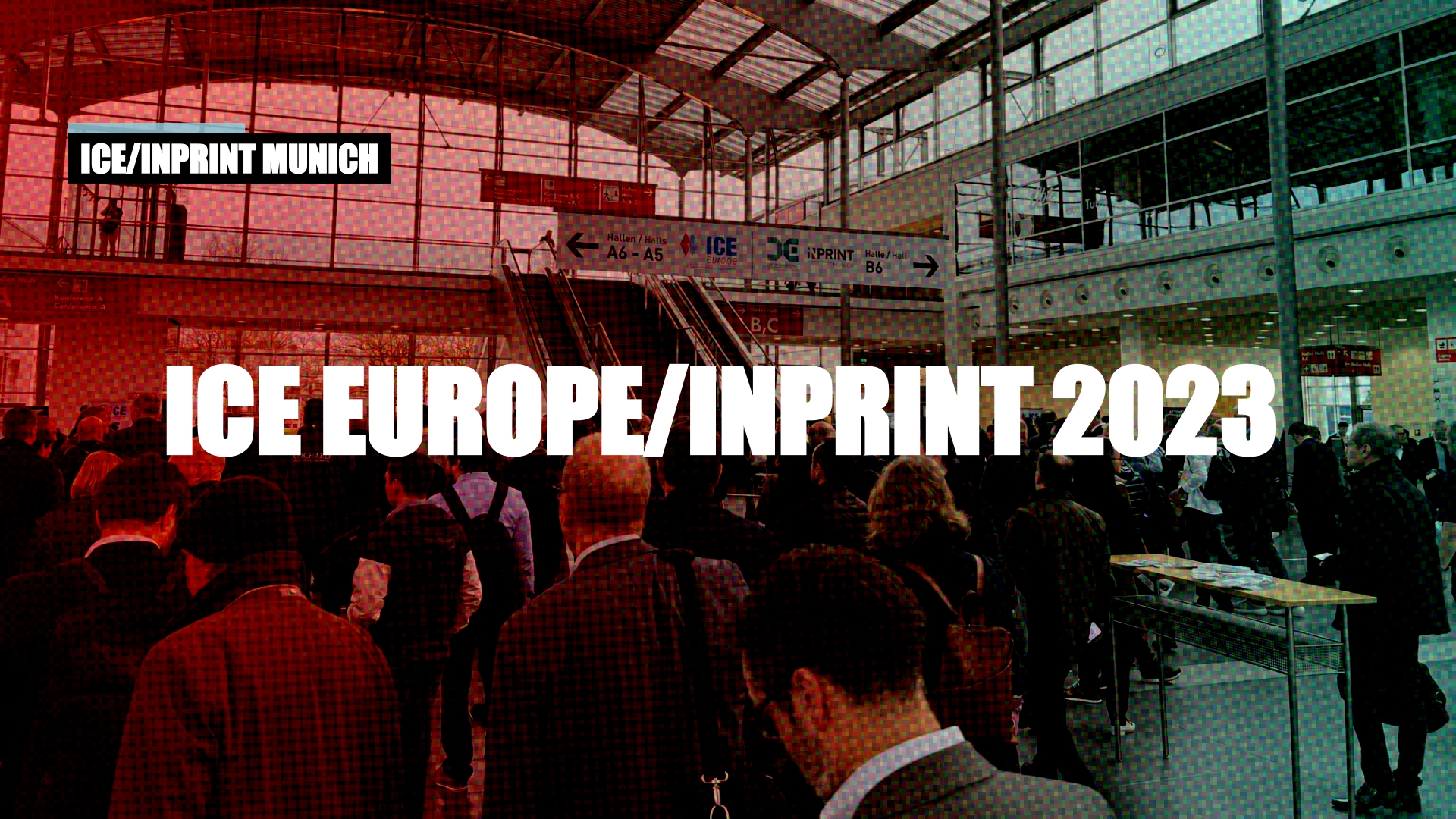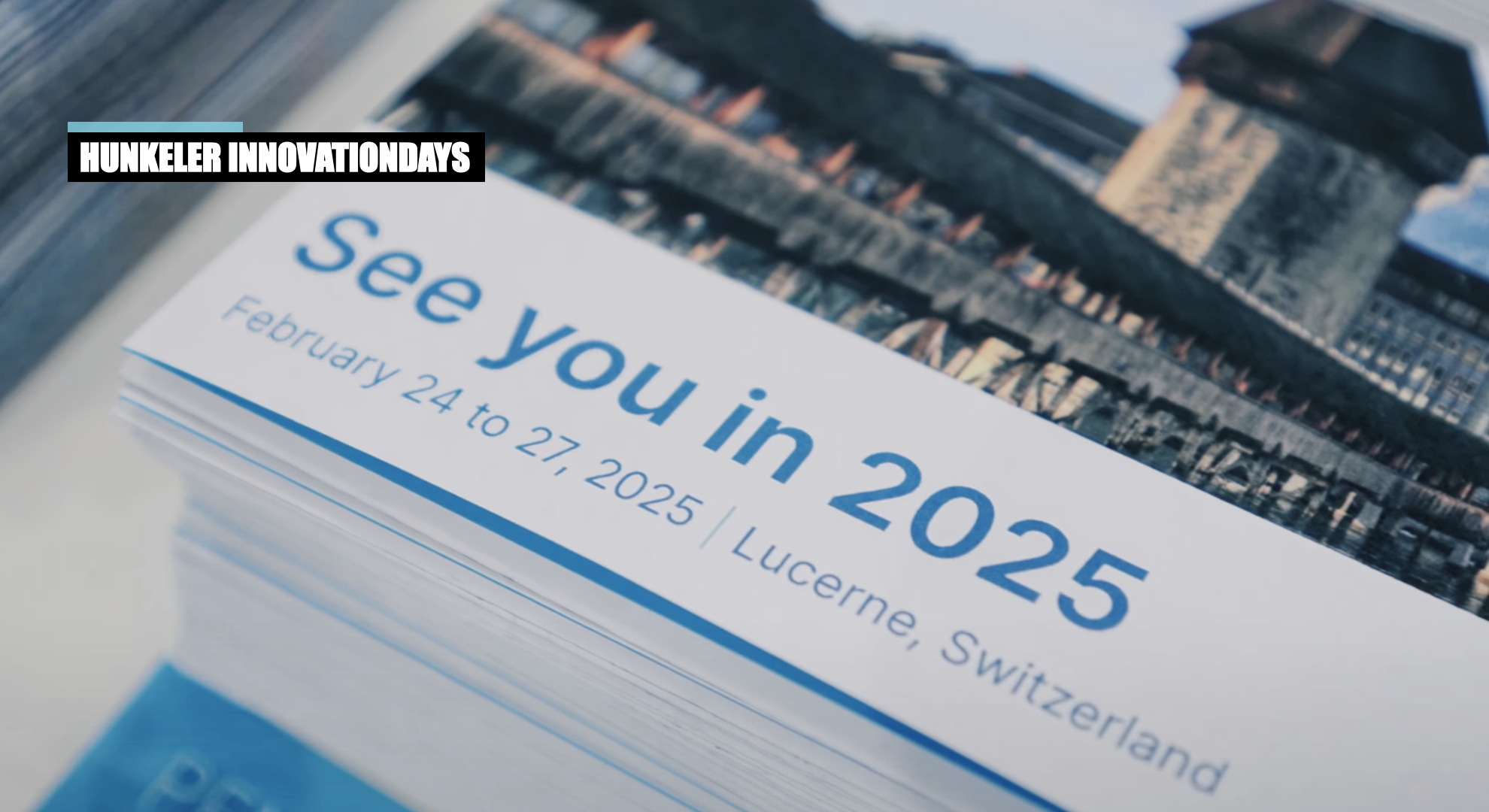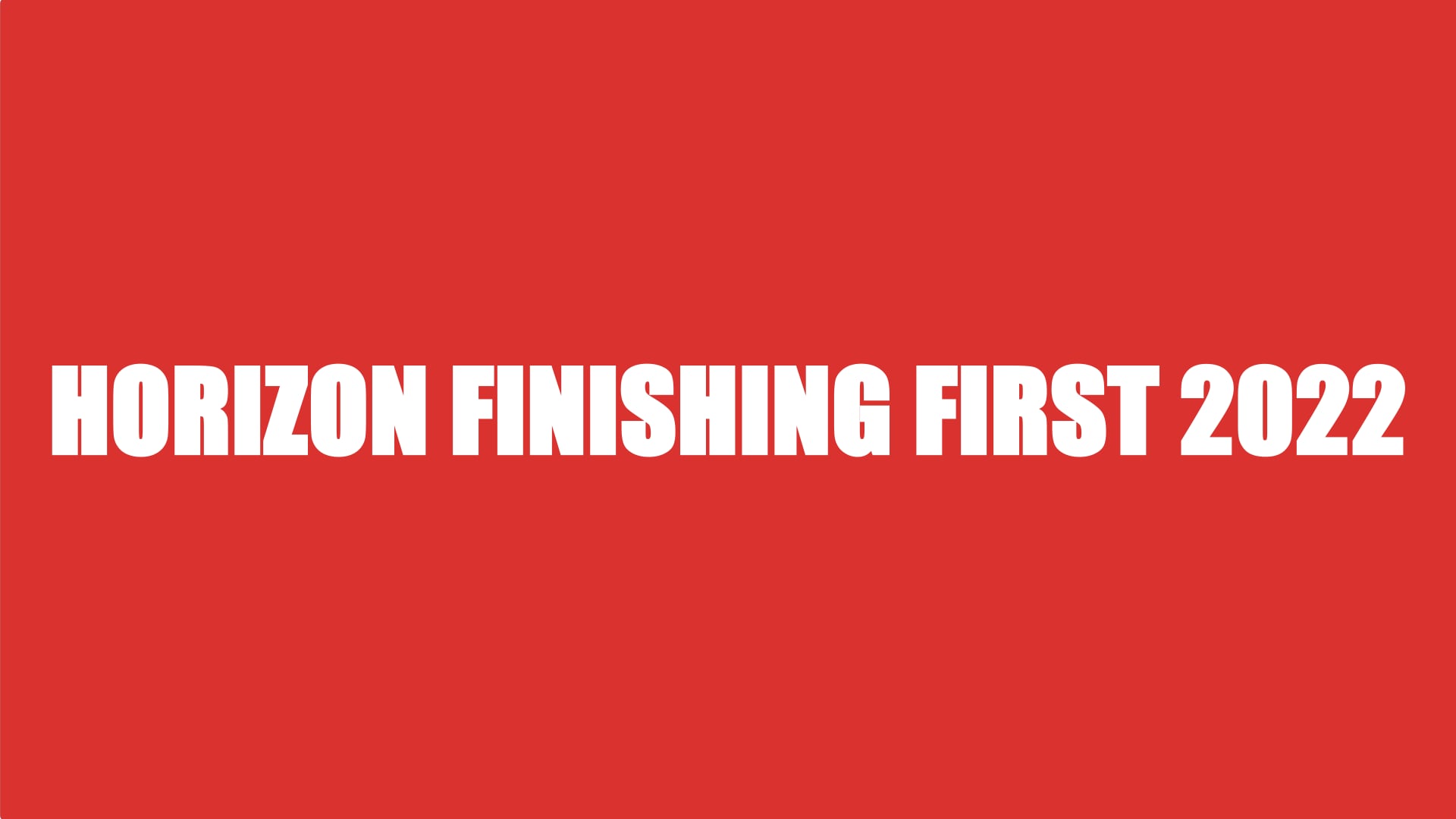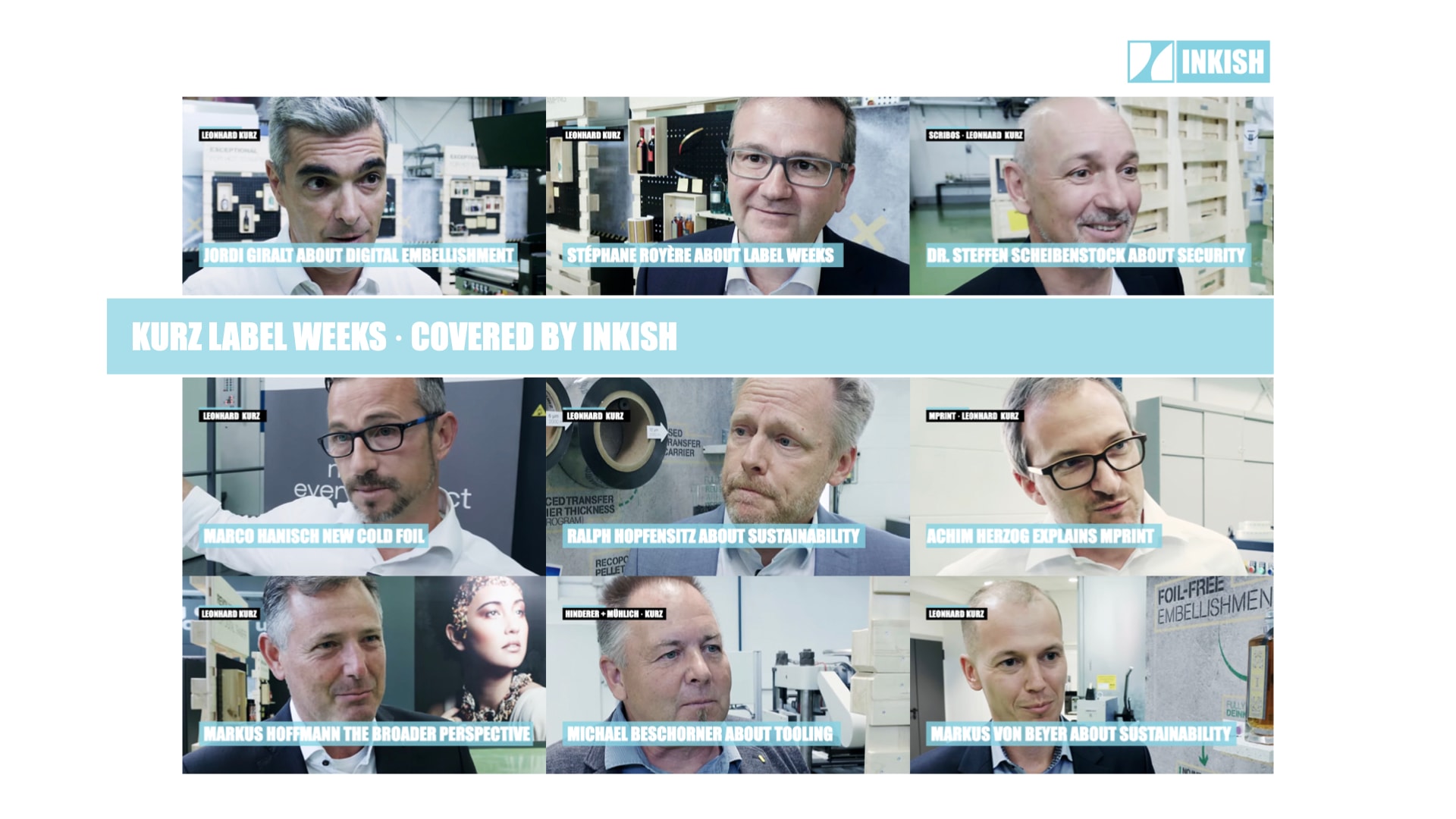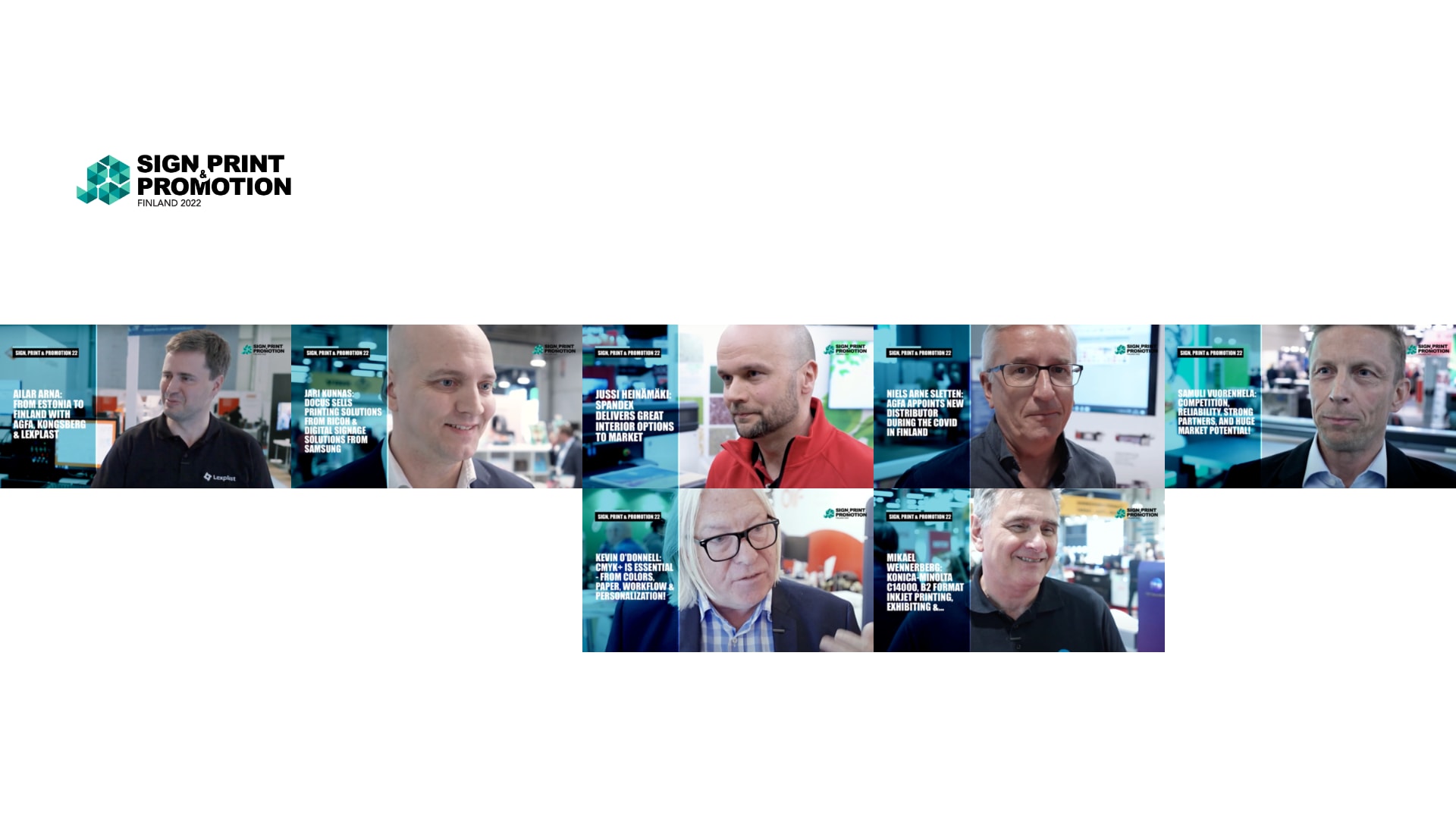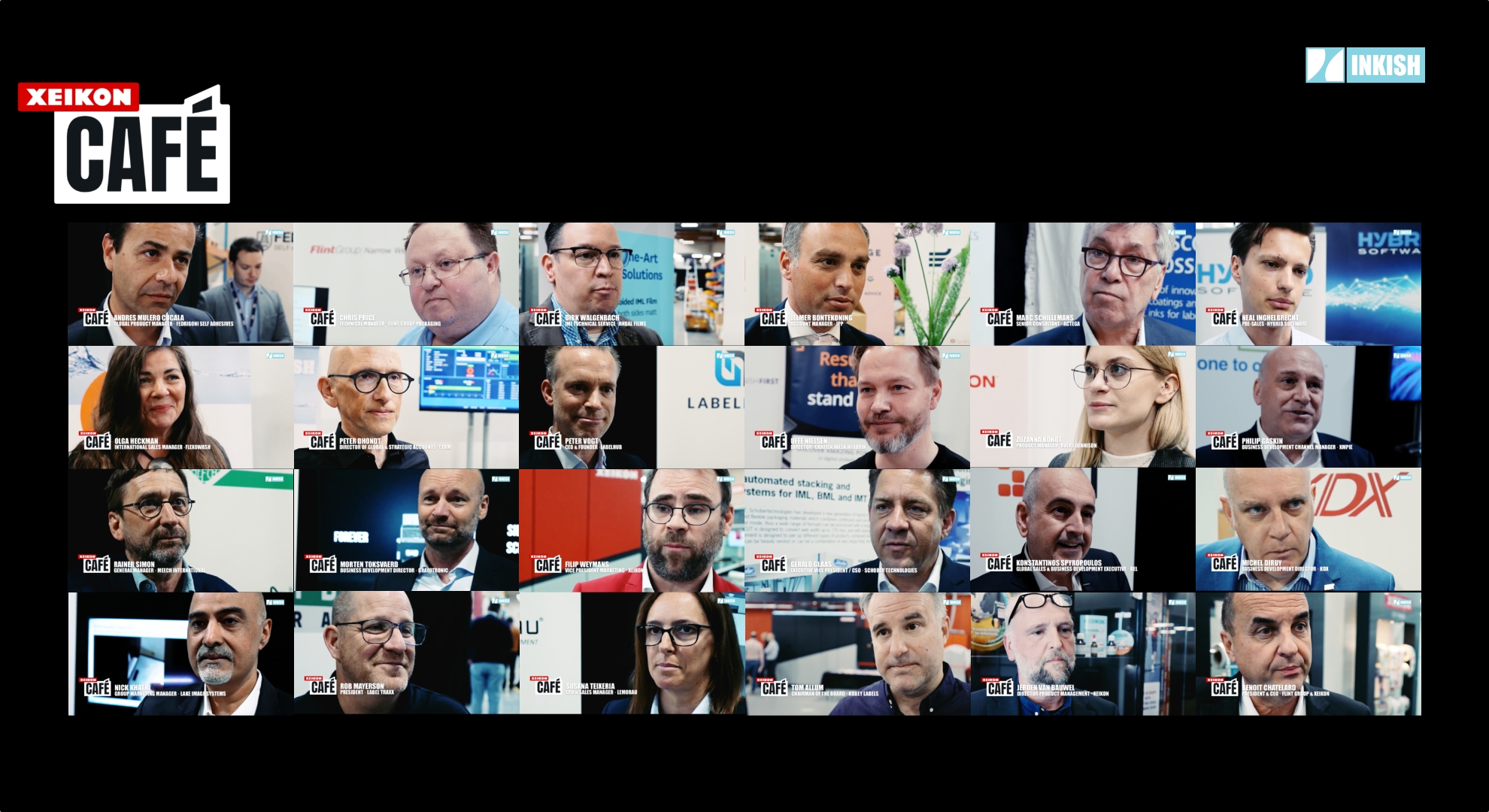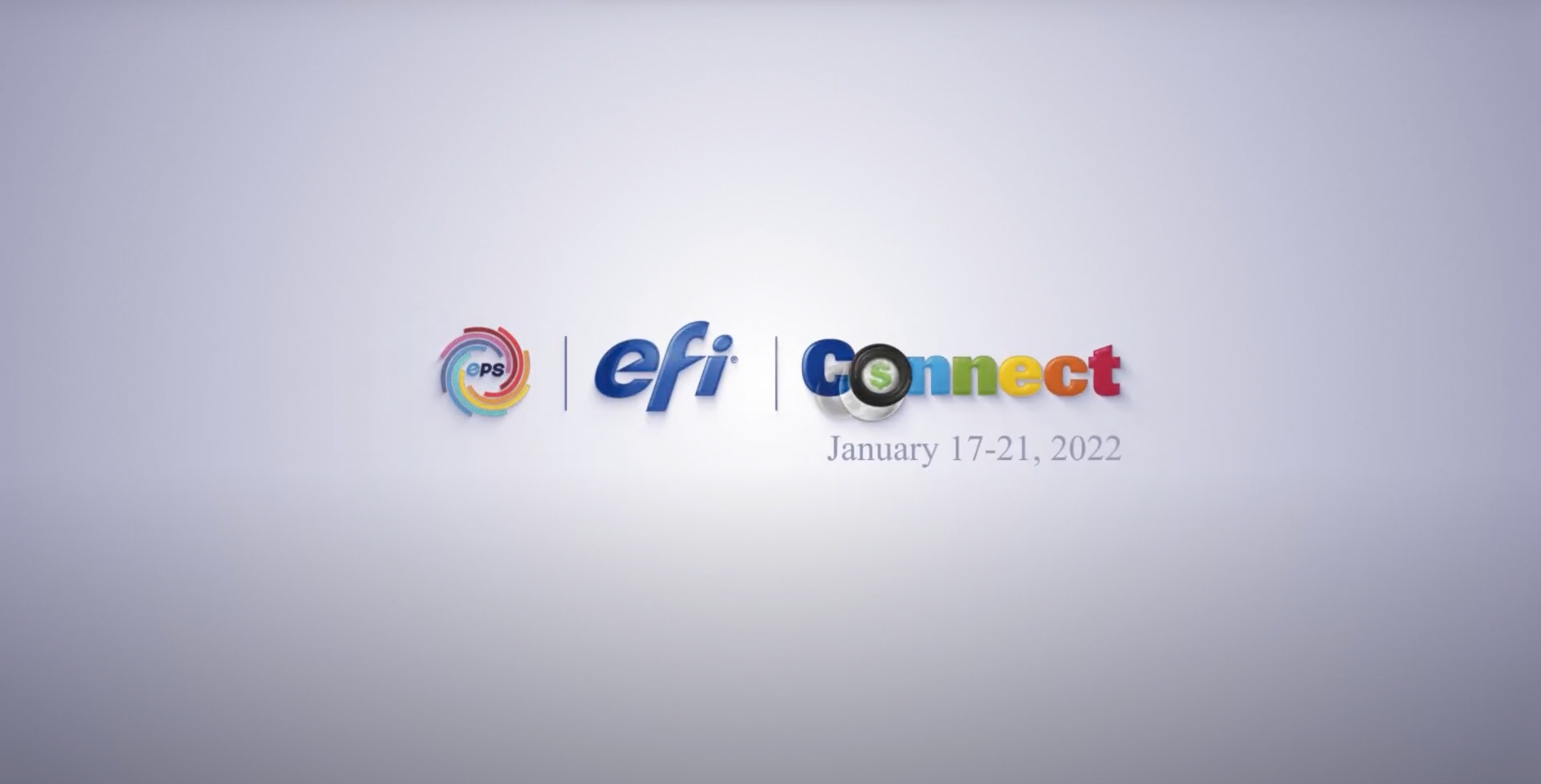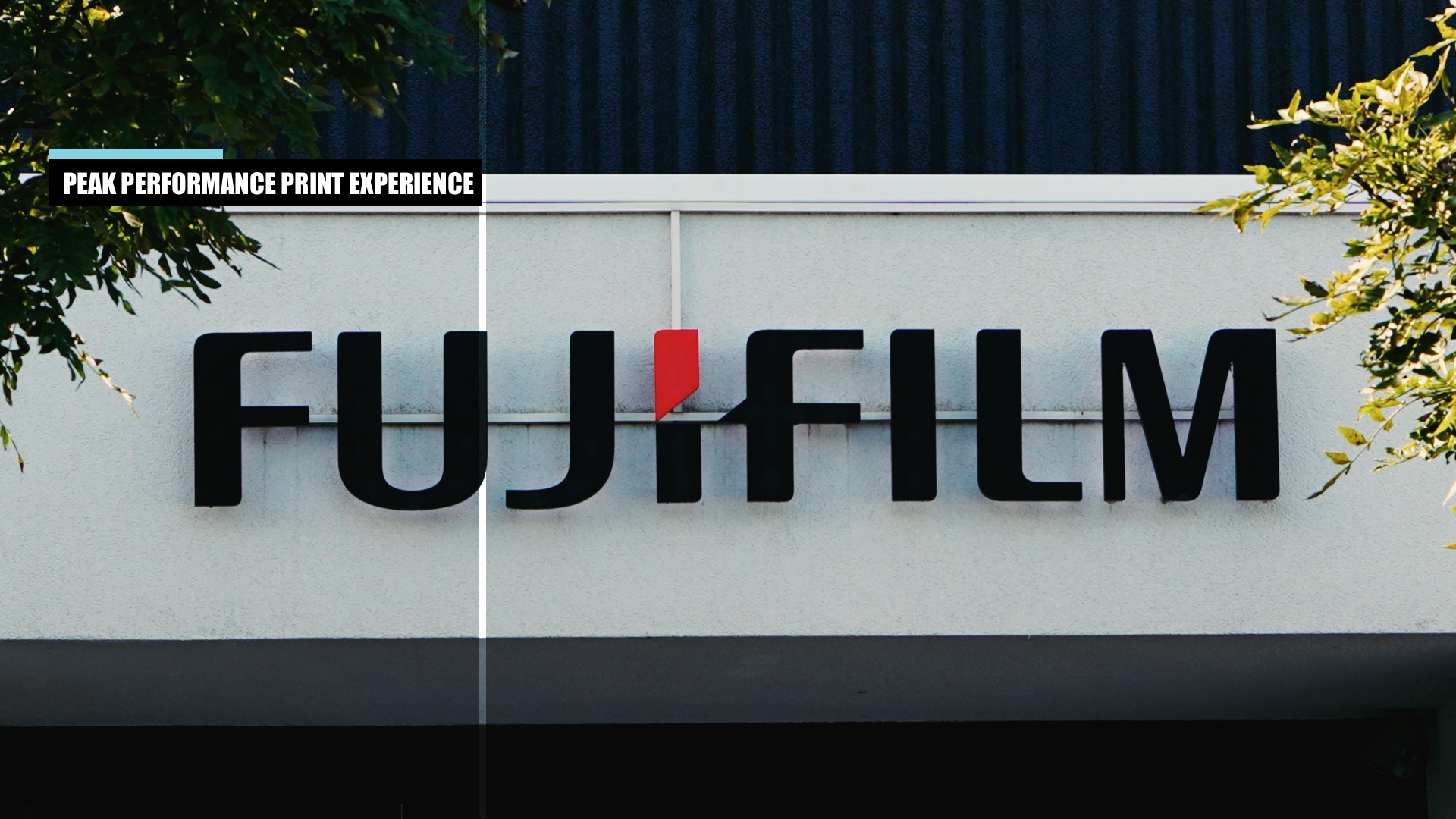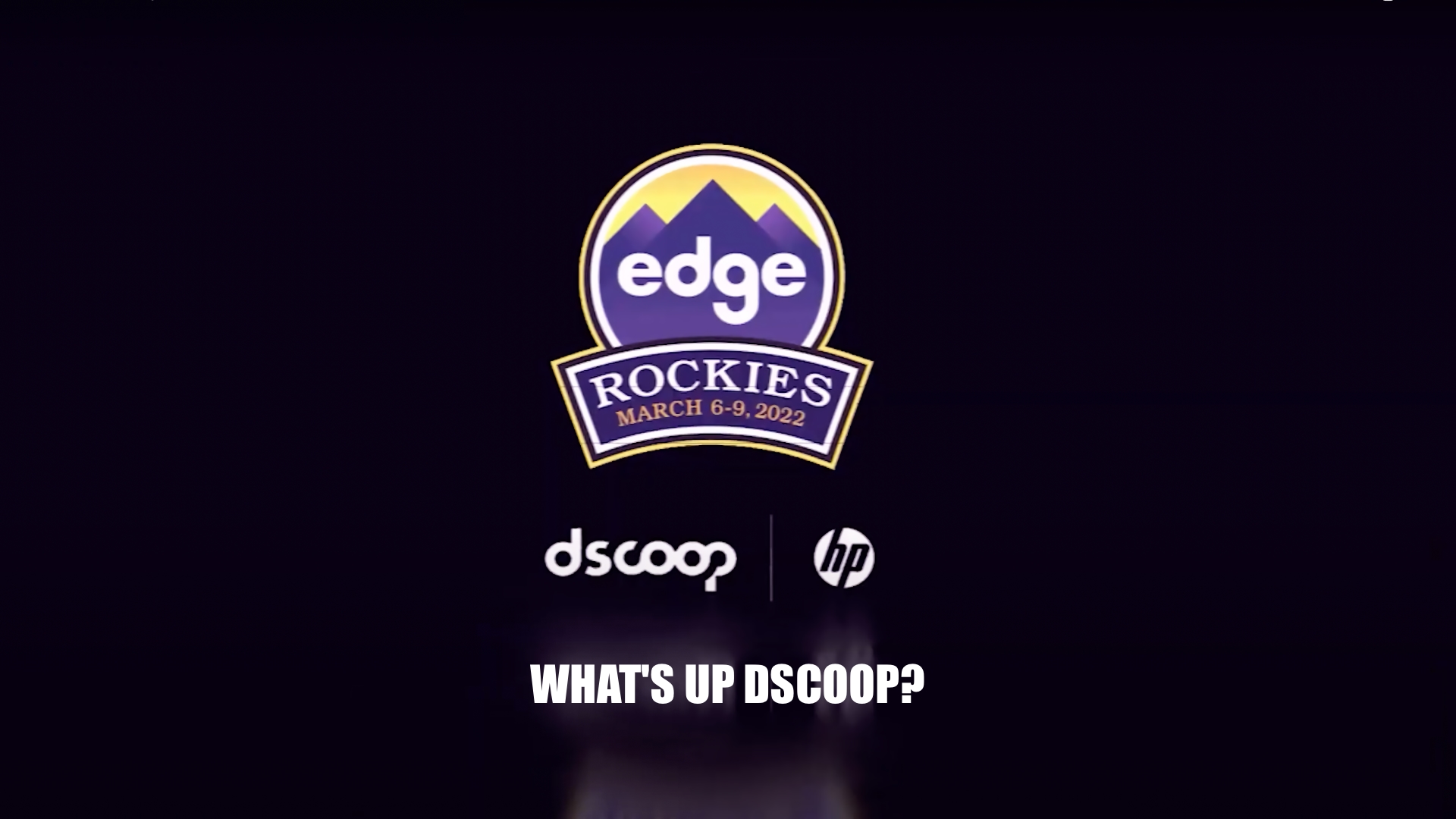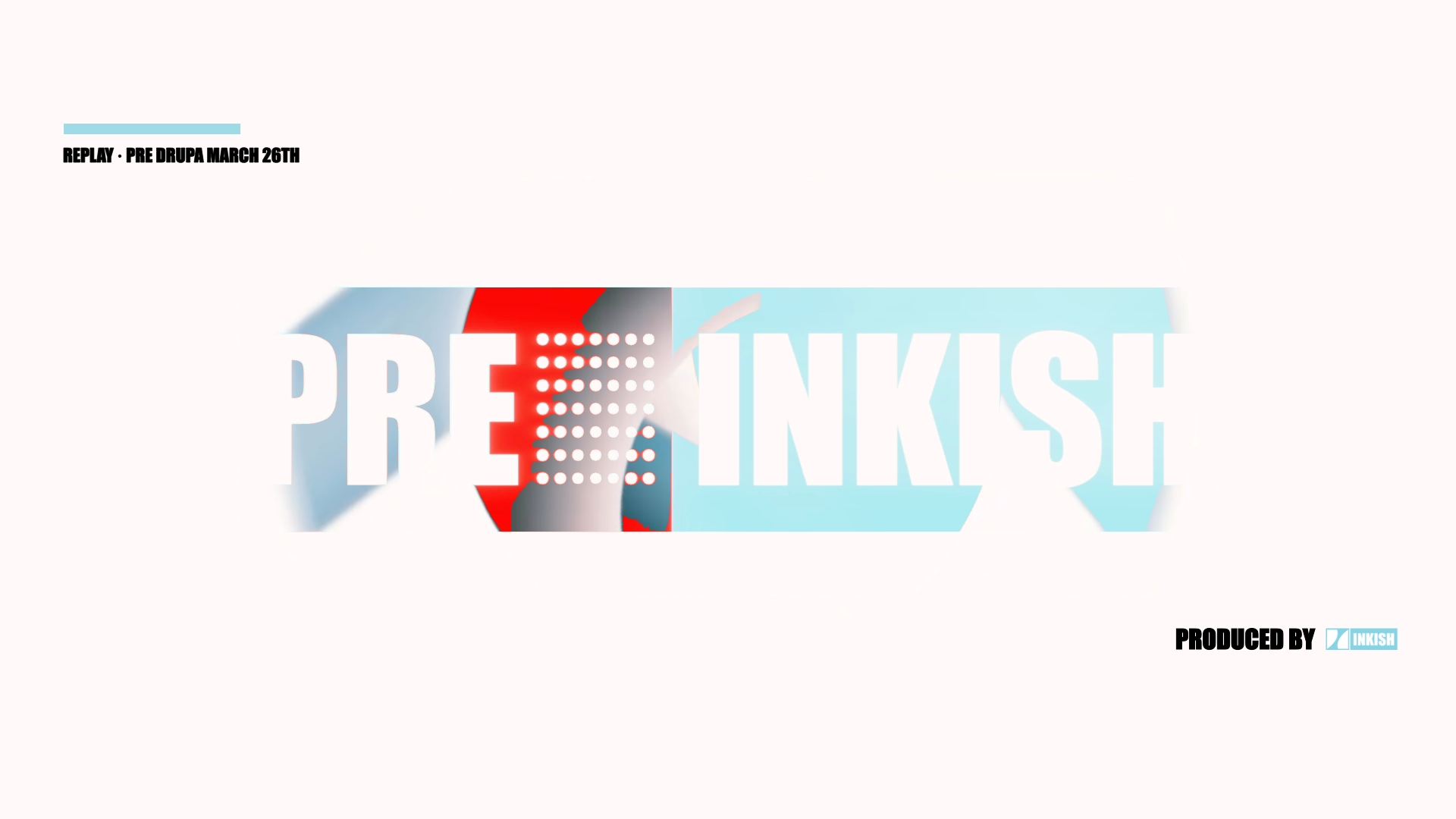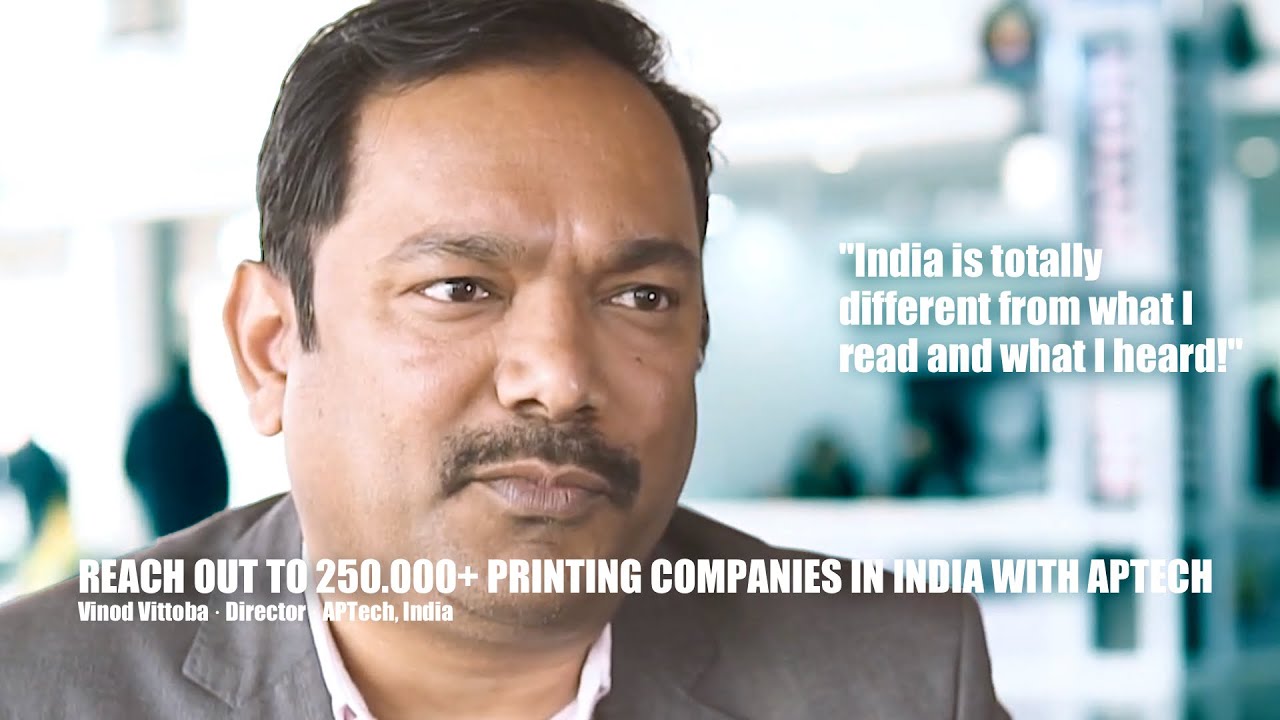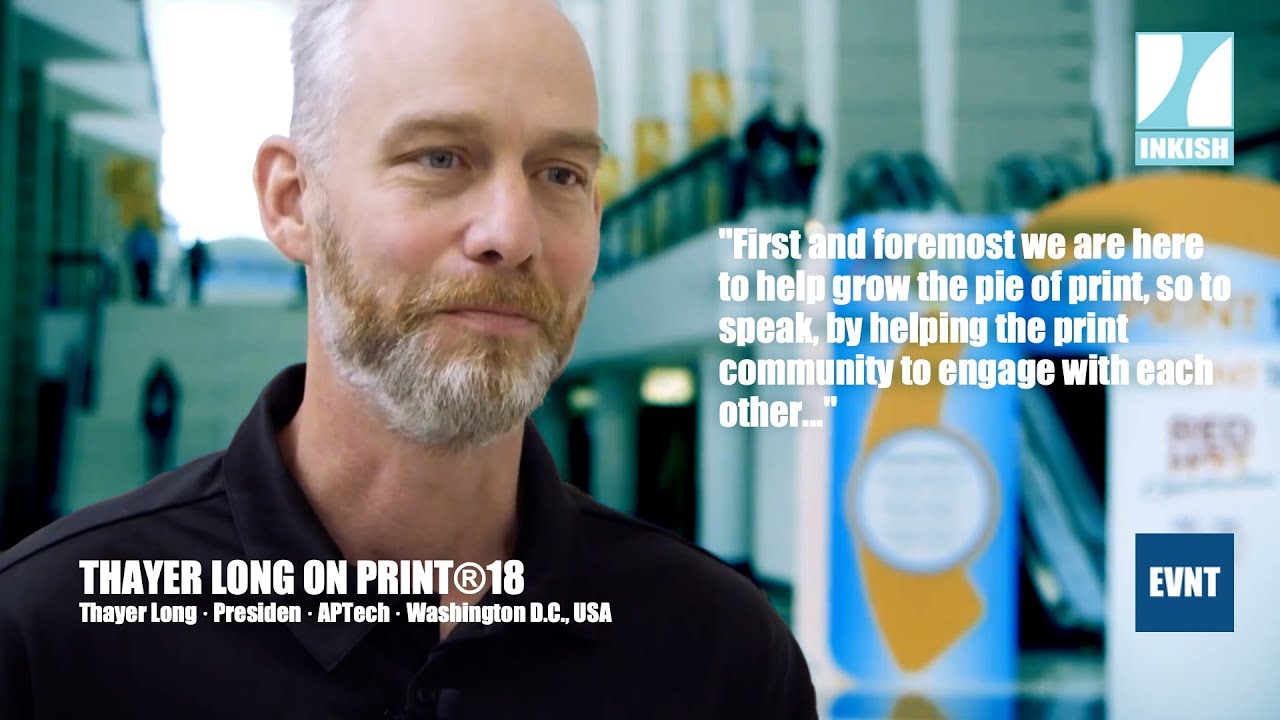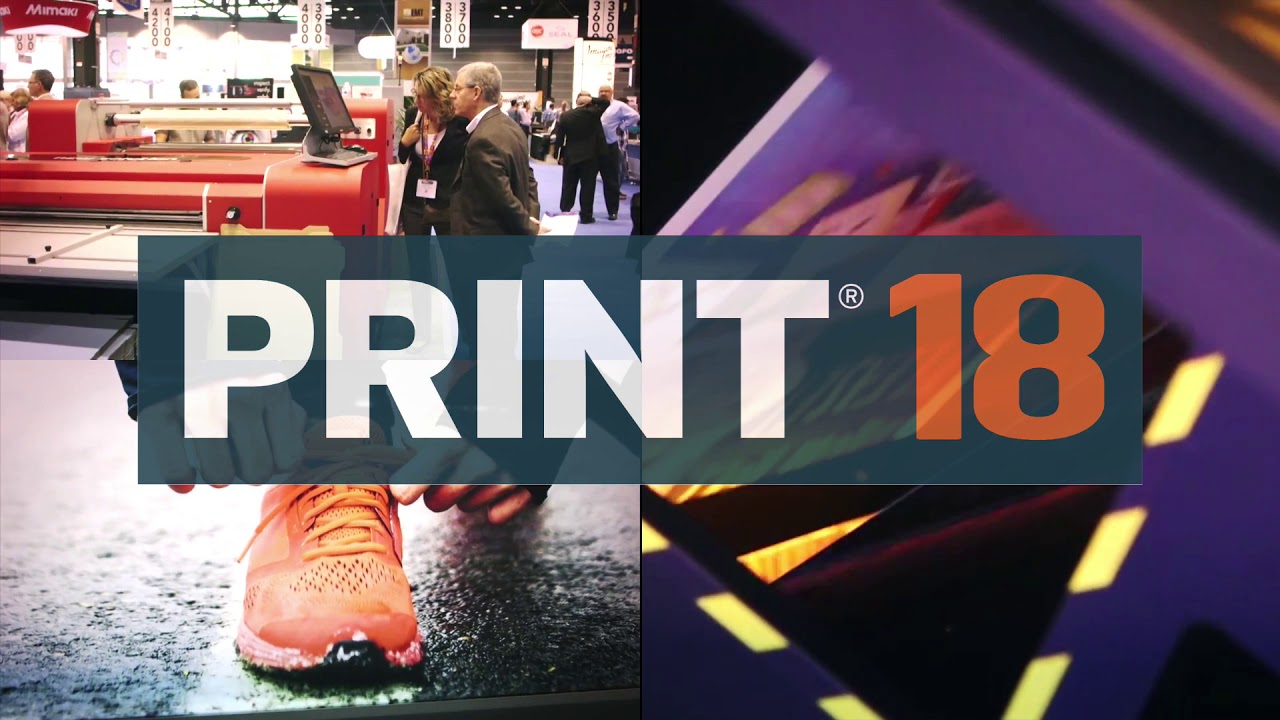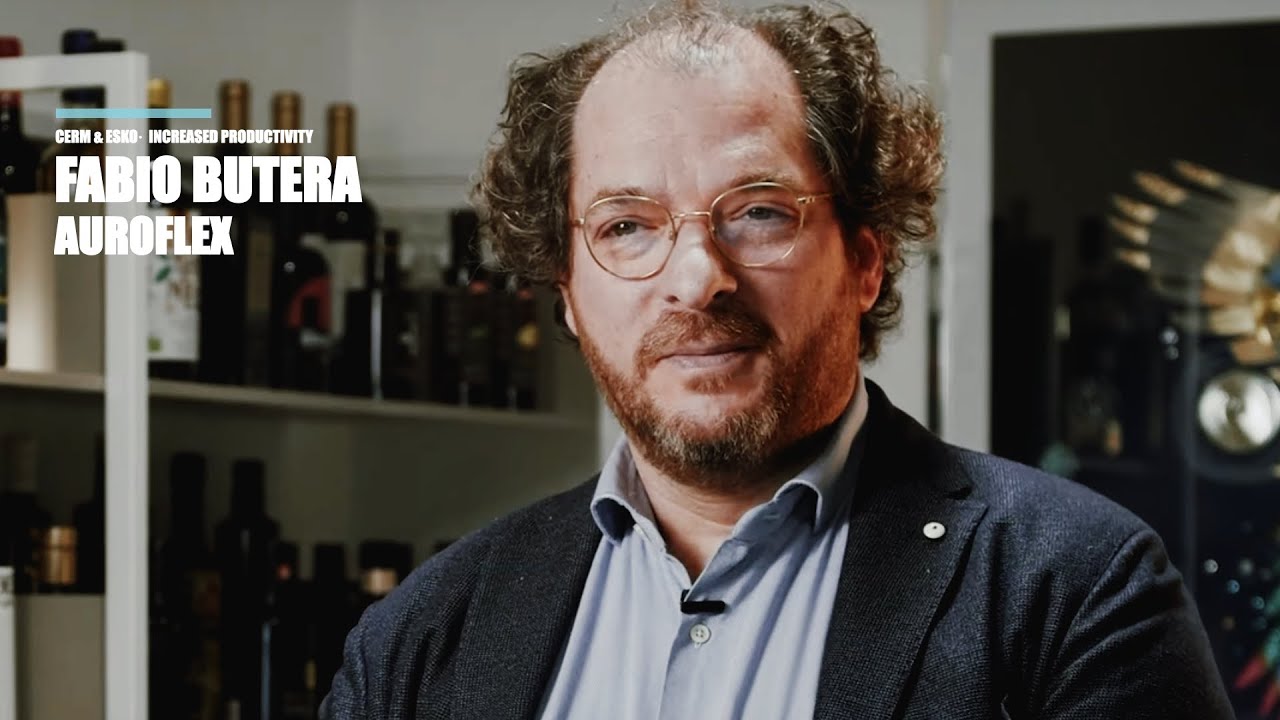Reach out to 250.000+ printing companies in India with APTech · Vinod Vittoba · Director
APTech or NPES as the organization was previously known as has changed a lot since Thayer Long became president of the organization about 3 years ago. Now everybody can become members of the organization and take advantage of the services provided. The most known is probably the Print® shows in Chicago, but in this film, we talk to Director Vinod Vittoba from APTech in India.
With a market of more than 250.000 printing companies and growth in all segments the market should be interesting to reach out to for everybody – but how do you get in touch with the right people? How do you ensure to get an understanding of the Indian market and culture – well, APTech could be a starting point. But listen to Vinod Vittoba and reach out to APTech in case you need their support.
Vinod!
Yep.
So nice to meet you here in Delhi.
Thank you, same here Maarten.
We have been connected on Linkedi for some time.
Yep.
And then I met you at Print®18 in Chicago.
Everywhere. Most of the time I just reach you, or if you need information. People connect through Linkedin or social media. That’s the easiest way today, that you get connected.
Yeah. It’s right. This is, I think, my third or fourth time I’m actually in Print-Pack. But this is the first time I’m here as English. And it was a great pleasure that you have time to talk to me personally. One of the things that I’m quite interested in knowing is you are working for APTech, Association for Print Technologies in the U.S. But you are actually based here in India.
Generally, earlier it was called NPES. It was members only from machine manufacturer association. Or you have in India IPAMA. So we wanted to-
So Ipama? And NPES is similar in a way?
Its similar. We try to help American companies to do business in India. Because, a lot of companies are smaller. And they don’t want to invest too much of money and time, they can’t leave the business outside and come all the way here. Because, coming here is 22 hours. The flight is too long. And they don’t know exactly who to contact.
I was just about to say that. You say that its for the small business, not just to get here, but I think that, as we spoke about just before, its like the culture is different here, the business culture is different here.
Lot of countries …
The country’s so huge. I mean, I can’t imagine how many people lives here. You said to me there was like, 250,000 printing companies in India.
Yep. We have more than- more than, I would say like 250,000 printers, and it’s growing. Especially the news part. The newspaper market is still growing. Its strong. If you just say print, you must have seen in the Print-Pack show, how many exhibitors. More than .. Earlier it was 400 plus, now its 500 plus. That itself shows the growth of the market, actually, how its growing. So the potential is huge here. The problem is we need to find out innovation if we want to grow. We can’t do the same business what you’re- that’s where even the local manufacturers are trying to connect with the international companies, actually. So the [crosstalk 00:03:05] Also, U.S. company has a lot of research workers done on India technology on the offset, digital. And also, they’ve been doing very good. But the problem there is some of the small companies don’t know how to get into the business. What they see in the movies or somewhere. Its totally different when they come here. They say its totally different than what I’ve seen, what I have heard, what I have- email exchange, all that. But when I met those companies, and I saw the facility, and what equipment they have. The latest. A lot of companies are doing export. Especially pharmaceutical.
Packaging is growing. Packaging is huge here. So, some of the companies in the U.S. are outside. They are trying to expand business. If they want to survive in the U.S. market they have to go out and do business. That’s what we tell them. You need to come to India. You have to go to other places, like Philippines or Viet Nam, Dubai. All those places. You have to go and meet the person, and then you’ll understand what I’m talking about, actually.
I’ve been in India seven, eight times. I, of course, I don’t know anything about India, but I have a flavor for it, I would say. And one of the things that I’m curious about, because, when I get here, I get from a small country. And I actually feel very humble when I get here, because I find that your contribution to the world- global culture that Indians have brought to- I mean your- you have brought a lot of things to the world also. Nice food, nice smiling faces, and very open and kind culture. Which, I think, its really nice. And I was just wondering, if we from the West, I would say, or Americans, come through you to the Indian market, is it easy to get accepted and get into the market? Or is it a long learning process, in your opinion?
Earlier it was very difficult. As I told you, it was very difficult for people, if they come alone, directly. They don’t know who to contact, exactly. And if you say, I’m just looking for a dealer in India, and it might take long. And you have to reach to the right people, actually. Right dealer, but that guy has the potential for doing your product properly, selling it properly. That’s why we play a key role there.
Yeah. I mean because-
We just tell you the whole thing about the company, whether this company can do it, just this, or not.
You are like a two man army in a 1.3 billion population. So, I guess that, I mean you told me also, that APTech is working together with some other organization here in India, right?
We closely work with all the major associations in India. And also closely work with the government officials. In printing we also work closely with the U.S. commercial department for this and we try to help Indian printers, also.
Does that mean, when you say helping them, does that mean that, let’s say that I’m an American manufacturer of some machines, for example. And I want to get a distribution in India. Are you the one that you will be contacting the potential interested in India or is it your partners here? How do you do it? Can you give an example of how it actually works?
Its both ways. Sometimes, what happens if the member comes to me, or met them directly somewhere in a group, or some other, or in print or other shows. They must have got connected, but they don’t know whether this guy is reliable, of course. So we play a key role. We know the market and everyone here. So we give them the feedback. Yes, this person is doing this business for so many years and he’s a very reliable person. So all that, we do. So it gives you everything easy. Make it easy for you. More.
That is an amazing offering that you are offering American. Do you think, because I’m not American, and I want to get into India, so is there other organizations like APTech that works for like, Chinese, or Japanese, or whatever?
Yeah, we have an office in China.
Yeah, but I was thinking of the other way around. You are the APTech here in India. Is there a Japanese organization, Chinese organization, supporting their industry?
Japanese organization I never heard in India, especially for the printing side. For American printing business, through U.S. commercial sellers grant, we just opened this. And we’ve been doing very successfully. Even the commercial department told us the number of American companies doing business now, from last 14-15 years, has been increased, actually.
You know what, you have a European relationship for 14 years.
Yes.
I guess that a lot of American companies have a lot of things to thank you for, right?
That I wouldn’t say, because you need to get directly from them. That would be a good thing. Yes, now who all comes to India, especially through trade mission member companies, they ae really, really happy. Because they understand what they take it back when they [inaudible 00:08:59] They save time, money, and they meet the right people, the mission makers, so it is all very good thing, I would say. Easy. Makes very easy.
And this time, I saw your booth, and I visited you the first day I was here. You have some of your American colleagues coming for the first time to Print-Pack, India.
Yes
I think that is nice, because they get the flavor too, right?
Yeah. I always tell them … I can say anything about India; its big, its small. But once you come here, and meet them in person, and talk to them, you really, really understand what I am saying. What potential this market has for you to do business. Then, you can decide. That’s what I tell members. Don’t come for first business. First, understand the culture, which is very important. And doing business in India is totally different, what you are doing outside. Because here, if I want to do business, in Delhi, if I hired somebody, a local guy, its easy for selling. He speaks the local language. The same way, if you go to Chennai, he will speak a different language, Tamil, and he can sell it very easily. So, all that, they can understand. Its like, if I am in France, I speak to you in French-
I wouldn’t understand anything-
Selling you more-
I understand what you’re saying. But here in India have many, many, many languages, right?
Yeah. A lot of languages.
Is it a thousand languages?
The main- Everybody understand English. And Keke is like Hindi.
And Hindi.
But everybody understands Hindi, yes.
So Hindi is the main language here?
Hindi, yes.
And then you have-so I’ve been in Gujarat, so there you have Gujarati.
Gujarati, yeah.
And you have that for every state? Or is it even more complex than that?
But everybody speaks today, and understands English.
Okay.
Which is more. If you just speak-
But you say that everybody speaks and understands English, but that is when you come to the business, right? Because if you go in the streets, there’s a lot of people that actually don’t understand English, right?
Right. That’s true.
Yeah. So when you say that everybody understands, that means that, if I, as a company, want to get involved in India, then I can expect that most on the business level, they understand English?
That’s why we also tell first coming to India to find a local dealer. Why you save a lot of costs also. They are investing heavily. It depends upon the size of the company. The thing is, that the key would be finding the right dealer. That’s where we play a key role in India. That’s why we are here. We try to find you a right potential dealer, distributor, in India. Which is- You save a lot of time.
So what do you think of your work?
Every day I learn. Because I meet printers, packaging guys, different things. Every member is different, with a different product. And I learn when I talk with them. Right? Every day they ask me for information to help them, I need to have the knowledge. And so, it is an interesting job, actually. Its a learning for me too, and also for them too. They are understanding the market through me. I have to be very careful what I do, actually.
Yeah. Because you’re balancing it.
Yes
Because you can favorize any specific, or somebody else, because you have to be kind of neutral in that respect.
Yes.
And if you want to use the services of APTech here, does- Is the only requirement to be a member of APTech in the U.S.?
No, its open for everybody. A dealer can be also a member.
From anywhere in the world?
Anybody in the world. So its open. Only thing is, they can’t serve on the board of APTech. So, the printers can get a lot of advantage on the result studies, and they can do a lot of- If they want some information, we have a strong standards. And all that. We got a lot of printers are exporting now. The quality of print has gone so high. A lot of printers asking what all is required for the foreign companies. What should we do to do export, grow our business too. So we also help them through our member companies. These are the requirements, and all that.
Okay. So that seems that its a very good idea to become a member of APTech, because, just the few things that we have been talking, all this past 20 minutes, is its really exciting for me. Because, first of all, I would say that getting an understanding of the size of the market is one thing. Because, the thing that for any market, is that you are in a 250,000 plus printing companies as potential customers. You are in a market where you are actually positive, and you are growing in almost all segments, right? You have an economy that is growing. You have- I think you have, I mean, people sometimes forget that you’re the world’s largest democracy. You have so many things to offer. And then, after understanding the potential of the market, now I also get the appreciation that APTech is the one that can help you as a company going forward in this exciting market.
Yeah. The reason is we are connected with the government officials, and all the local association guys, its more easy and also-
And also, the politicians also.
No. I don’t get into that side. But still …
I didn’t talk about anything illegal. I was just talking about talking to the politicians, right?
Yes, we talk to politicians also, and connected with the ministry, and all that. But what I am saying, this government has made it more easy, for example, getting visas.
Yeah, because when I asked you about getting the visa, because normally when I’ve been in India before, hours of waiting in the Indian Embassy. But that was as easy as going to the U.S. now. So that was
All you need to just scan and give your passport, for a copy of your passport, and just your business card, and the processing time is so less. It’s just three days. Earlier. I know a lot of my member companies… Getting there, its so painful, so many process are there. So, now they made it very easy. An if you just see the last five years, there’s so many foreign companies are doing business here.
So India is seeing- On getting to India has actually made a tremendous impact, positively on India, I guess.
Yes, it is pos-
I know, of course, all political issues that you have two sides. But, I think that Modi, after he became prime minister in India, I think he has done a lot of changes to society that a lot of people in the business industry find very positive, right?
Yeah. He had some new ideas for small business people, and also, he changed a lot of things. Plus and minus are there. You can hear both, actually, I would say. But he tried to make it more easy to do business especially for the foreign companies. Yes.
I was not talking about political discussion I was just more thinking of that openness that you see in the Indian society; also from foreigners who come in. I just thought that, that is something that came with the new administration. And that is something that benefits business both in India and outside, right?
Definitely. Yes. I would say.
Minot, I really appreciate that you took the time to talk to me. I think its really nice to meet you in person, again.
Thank you. Thank you, Maarten. It was a pleasure meeting you.
Thank you.




















